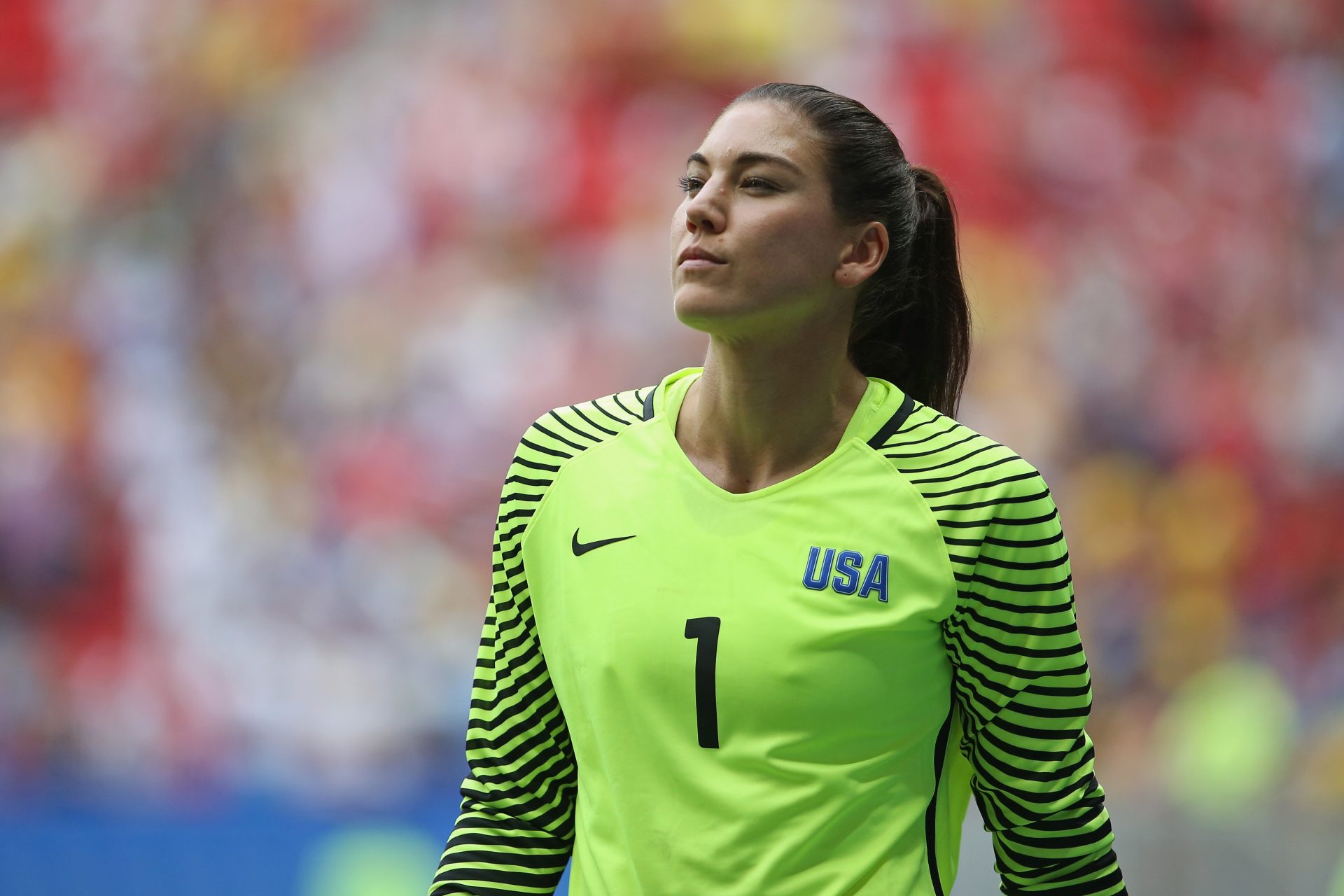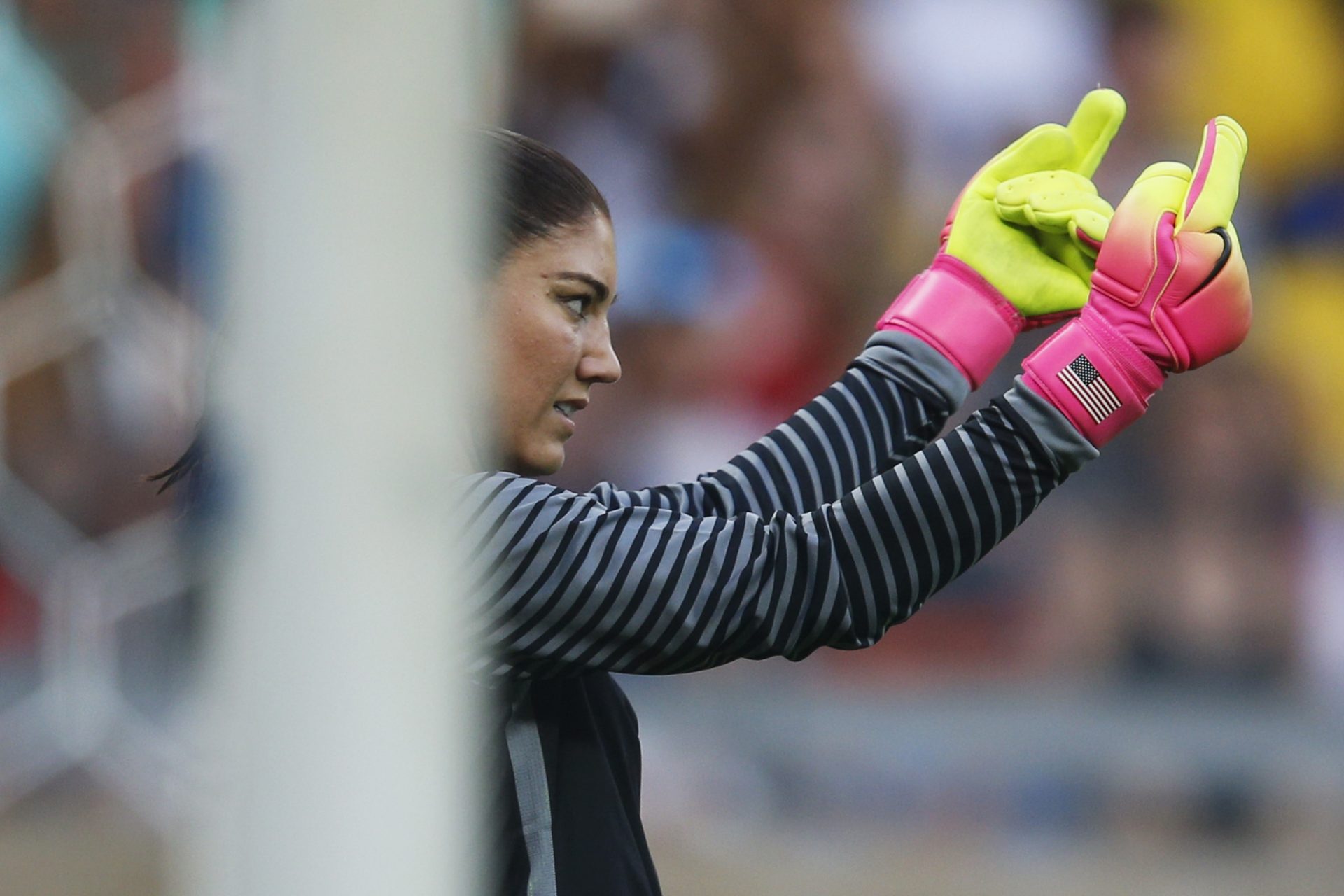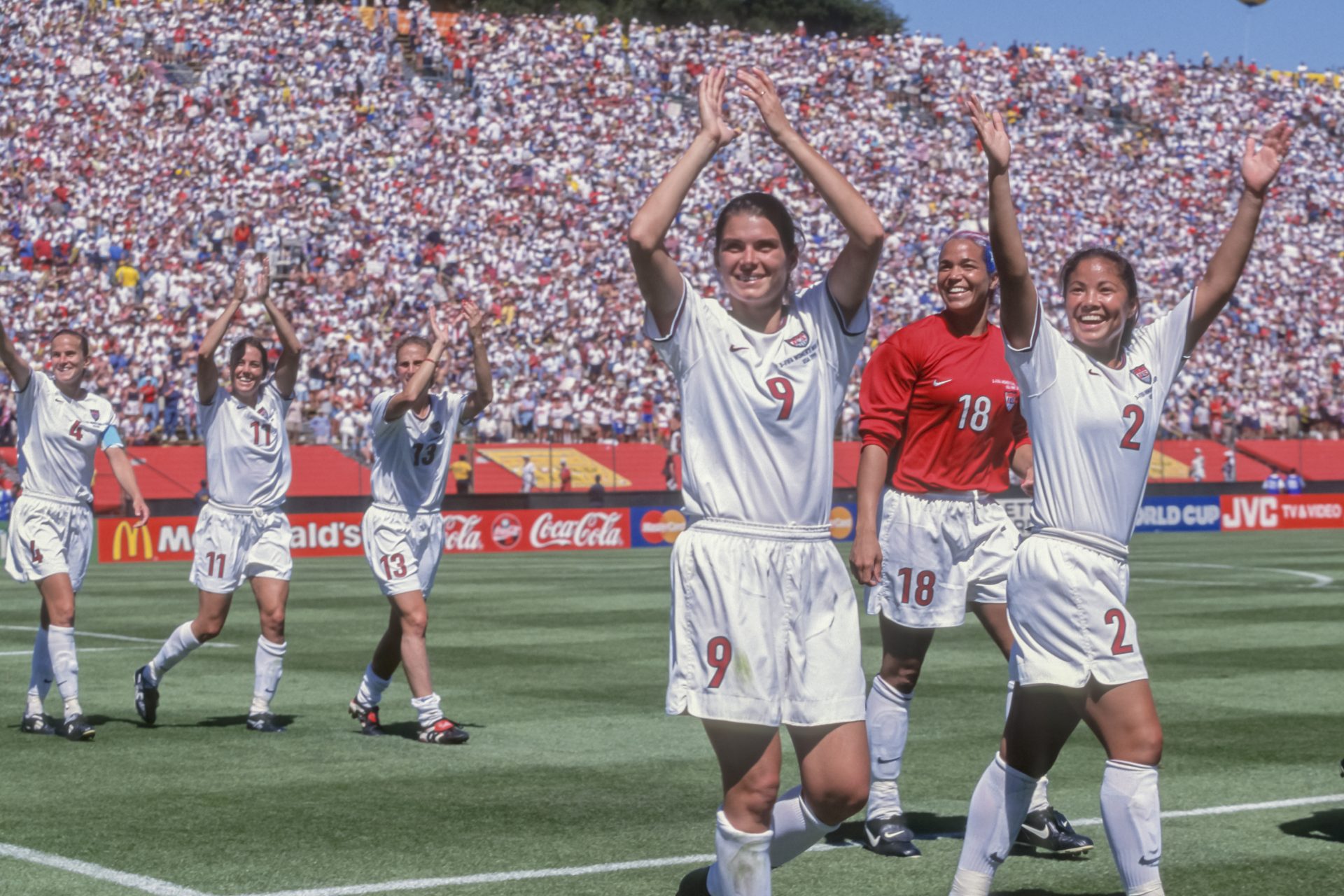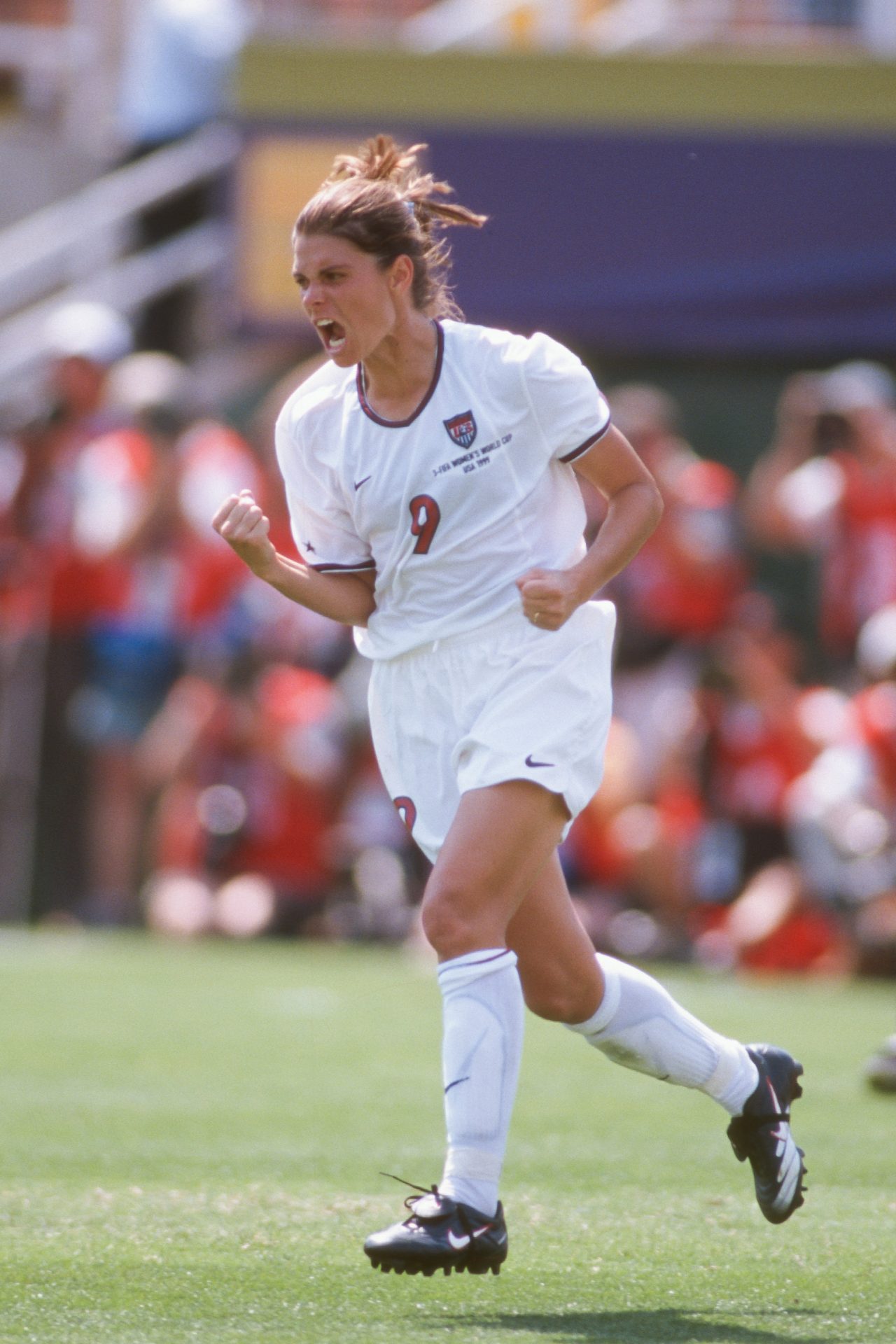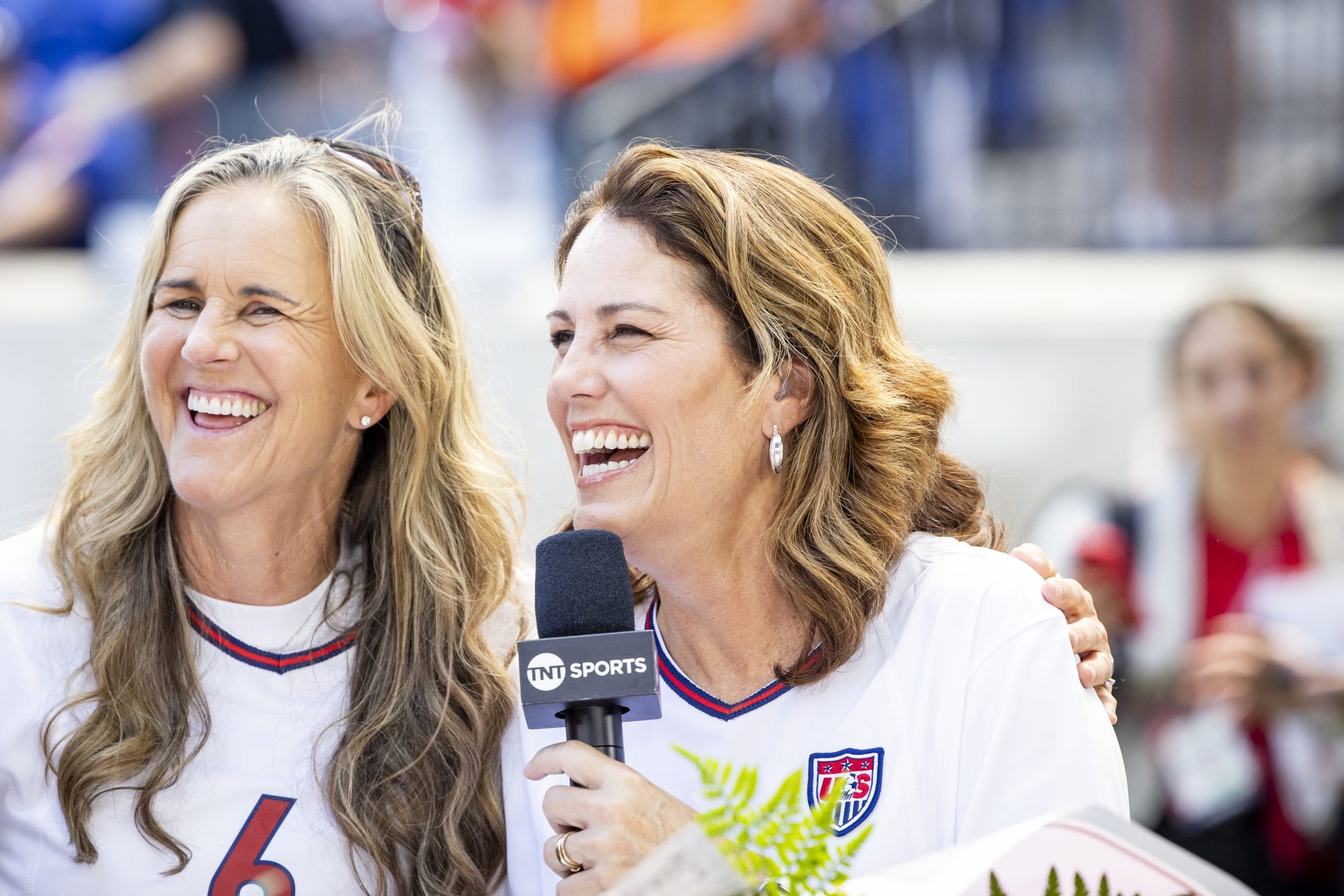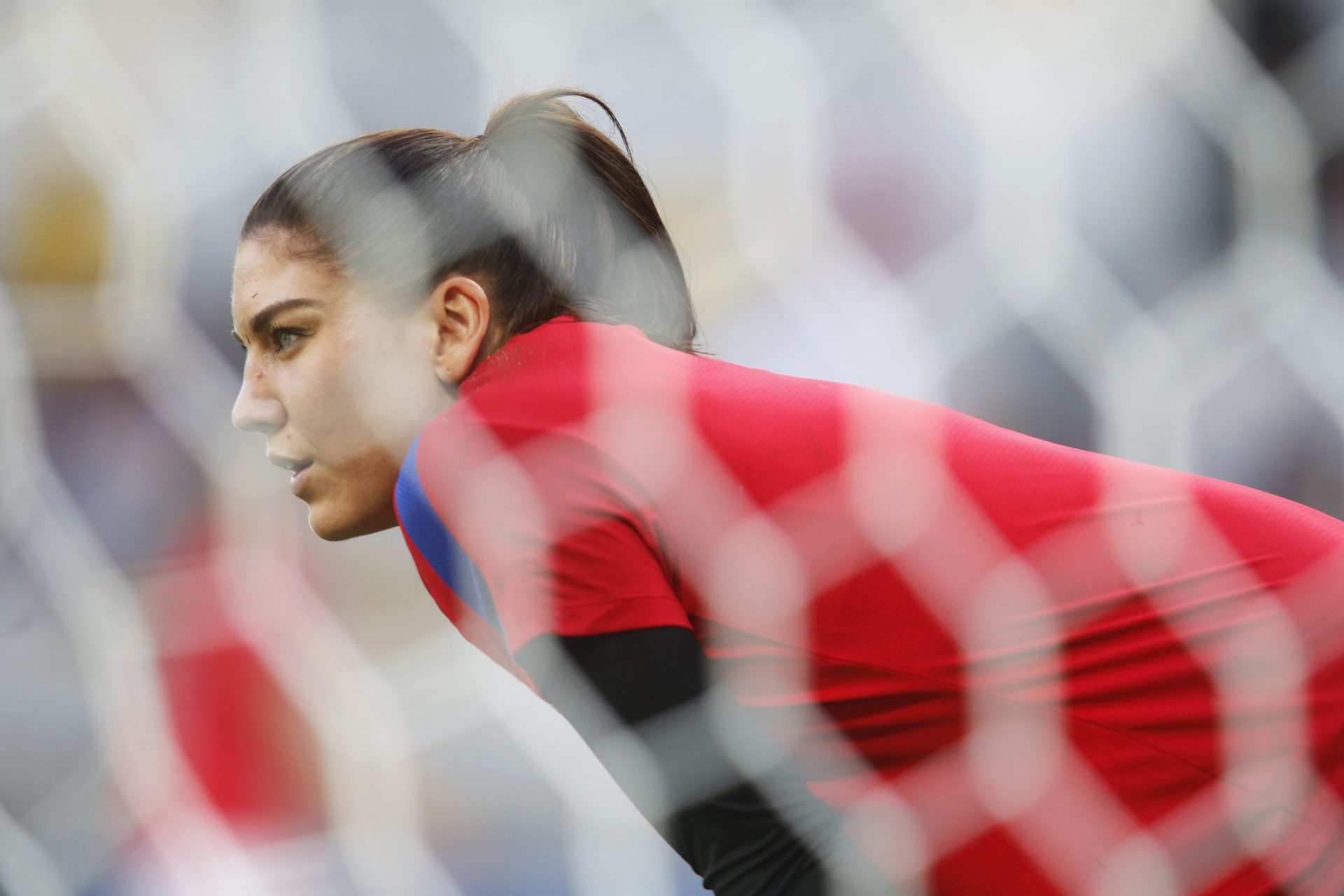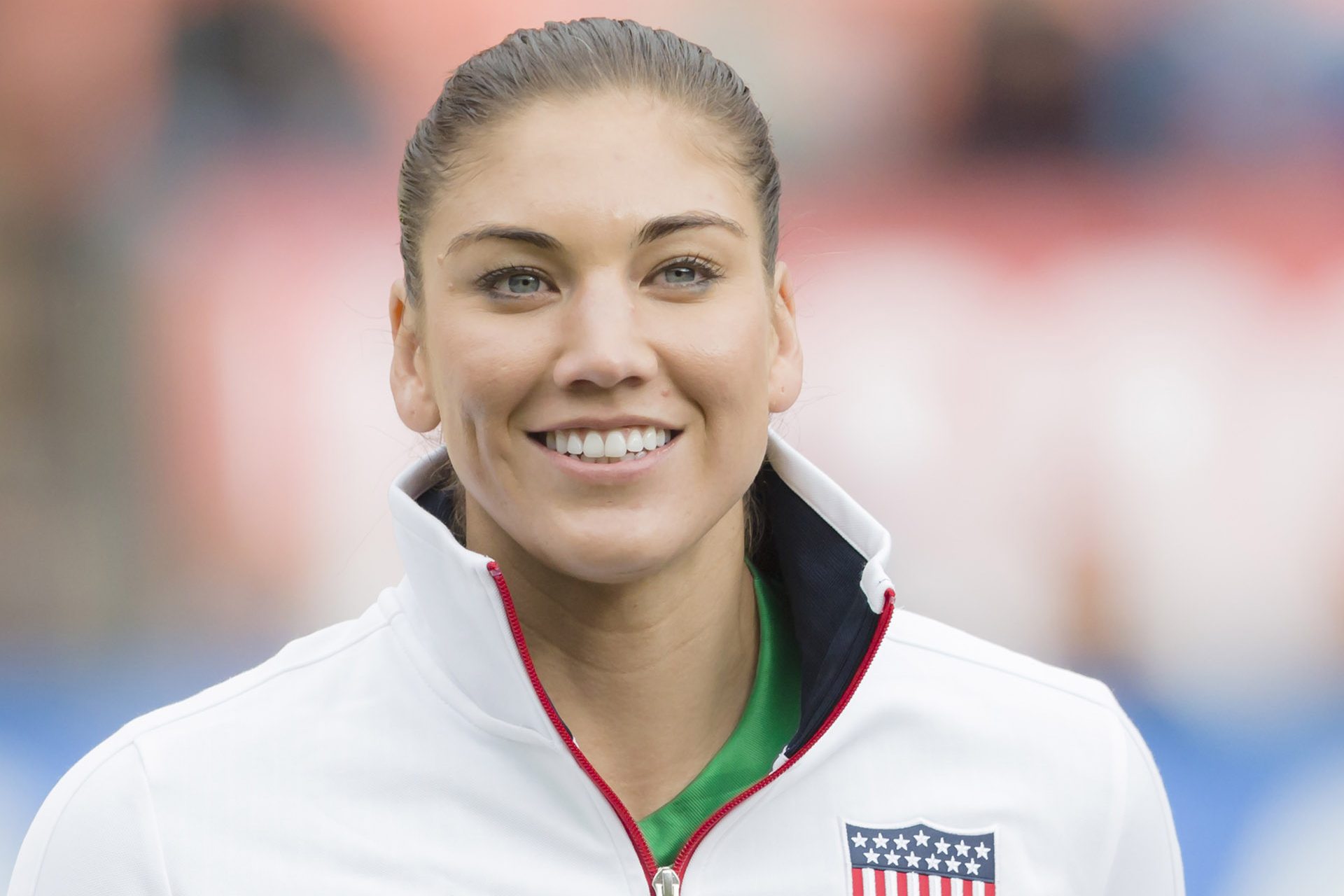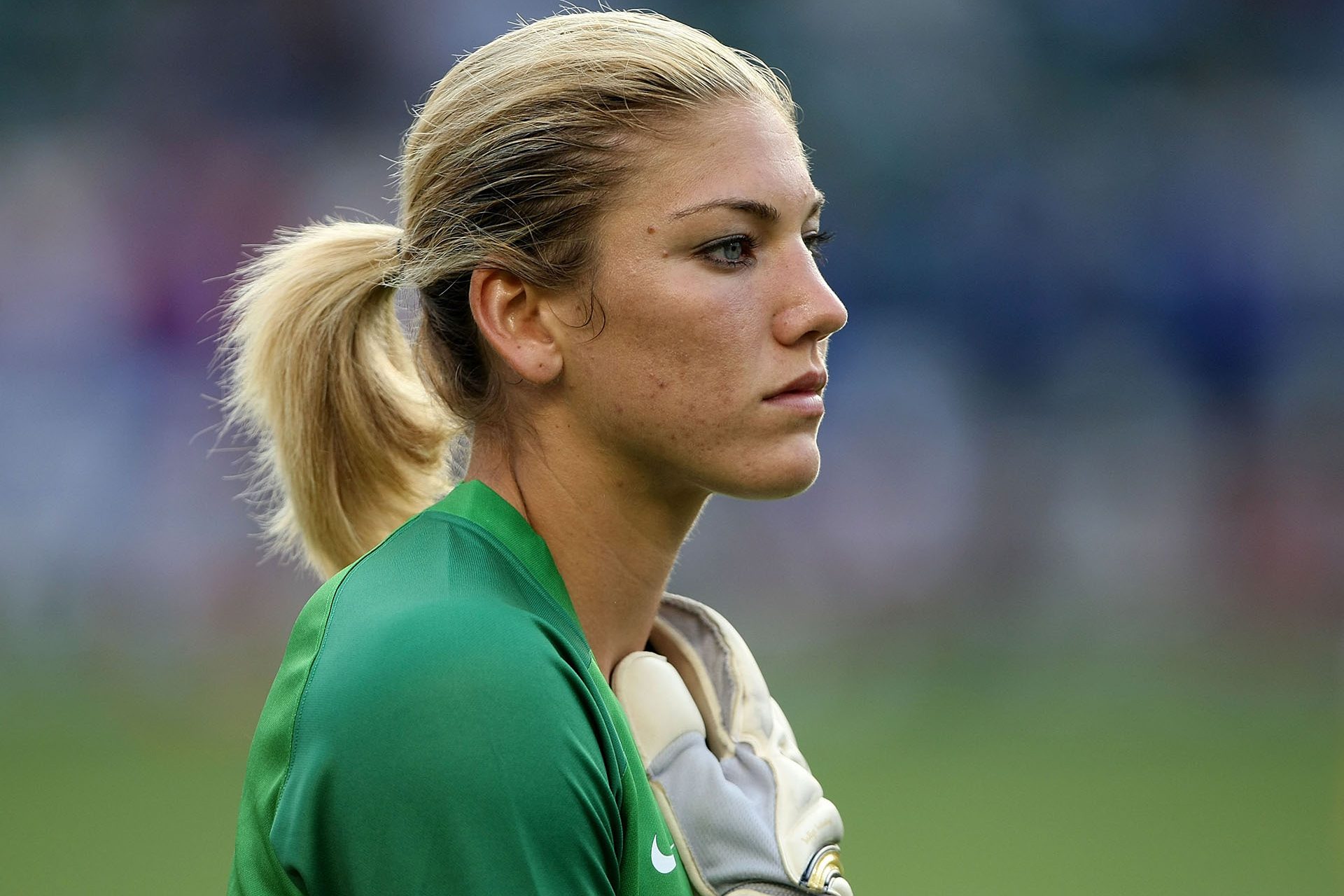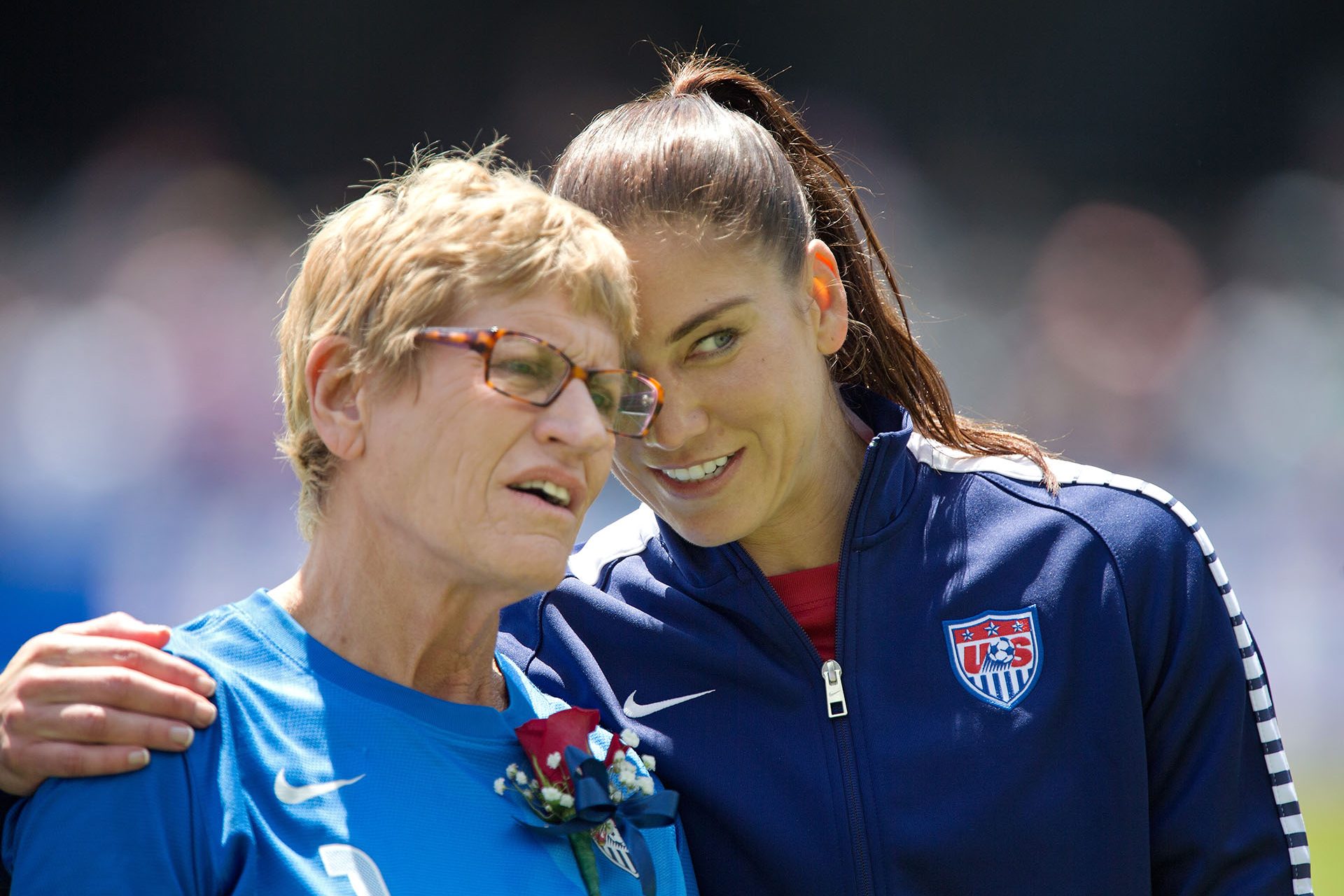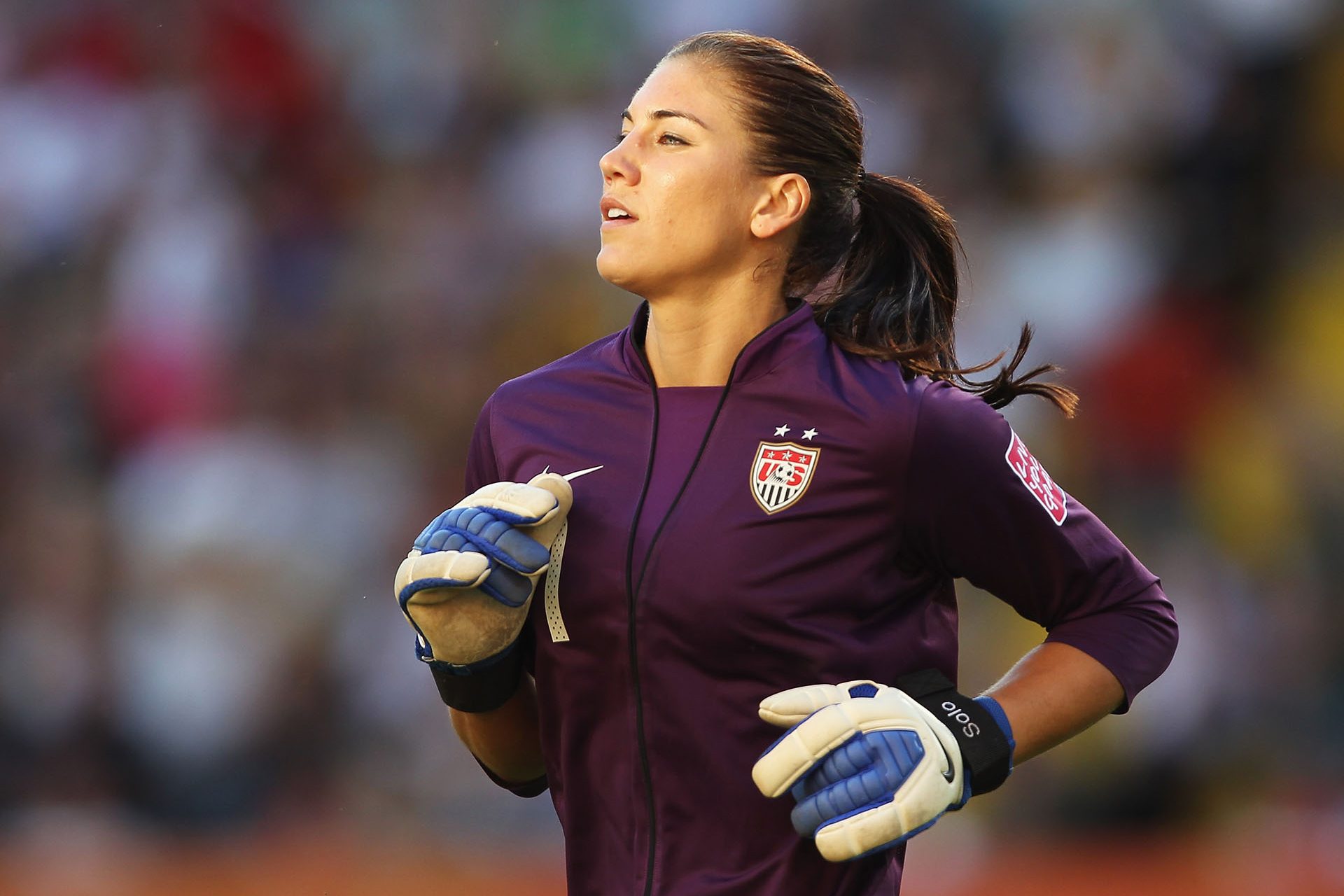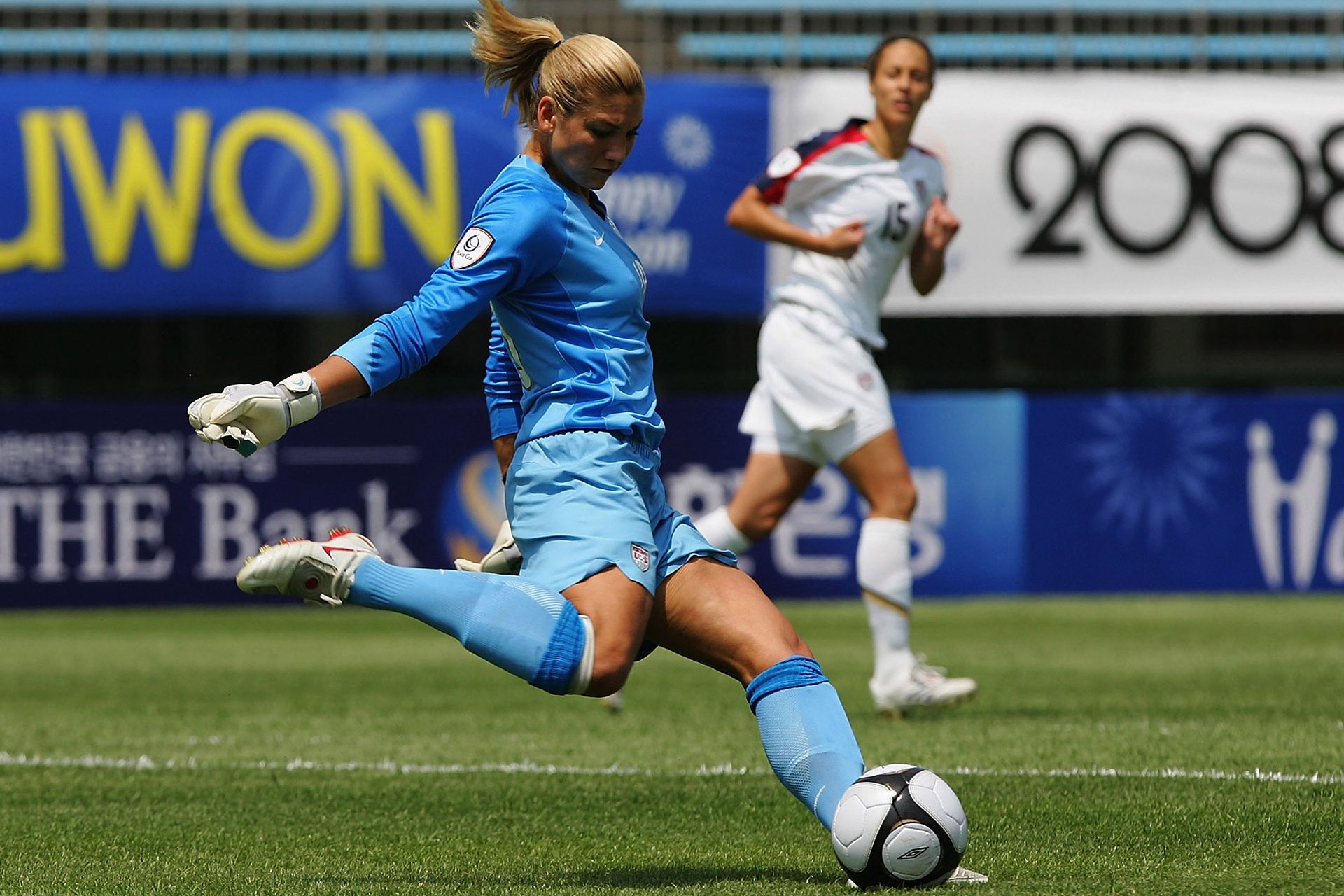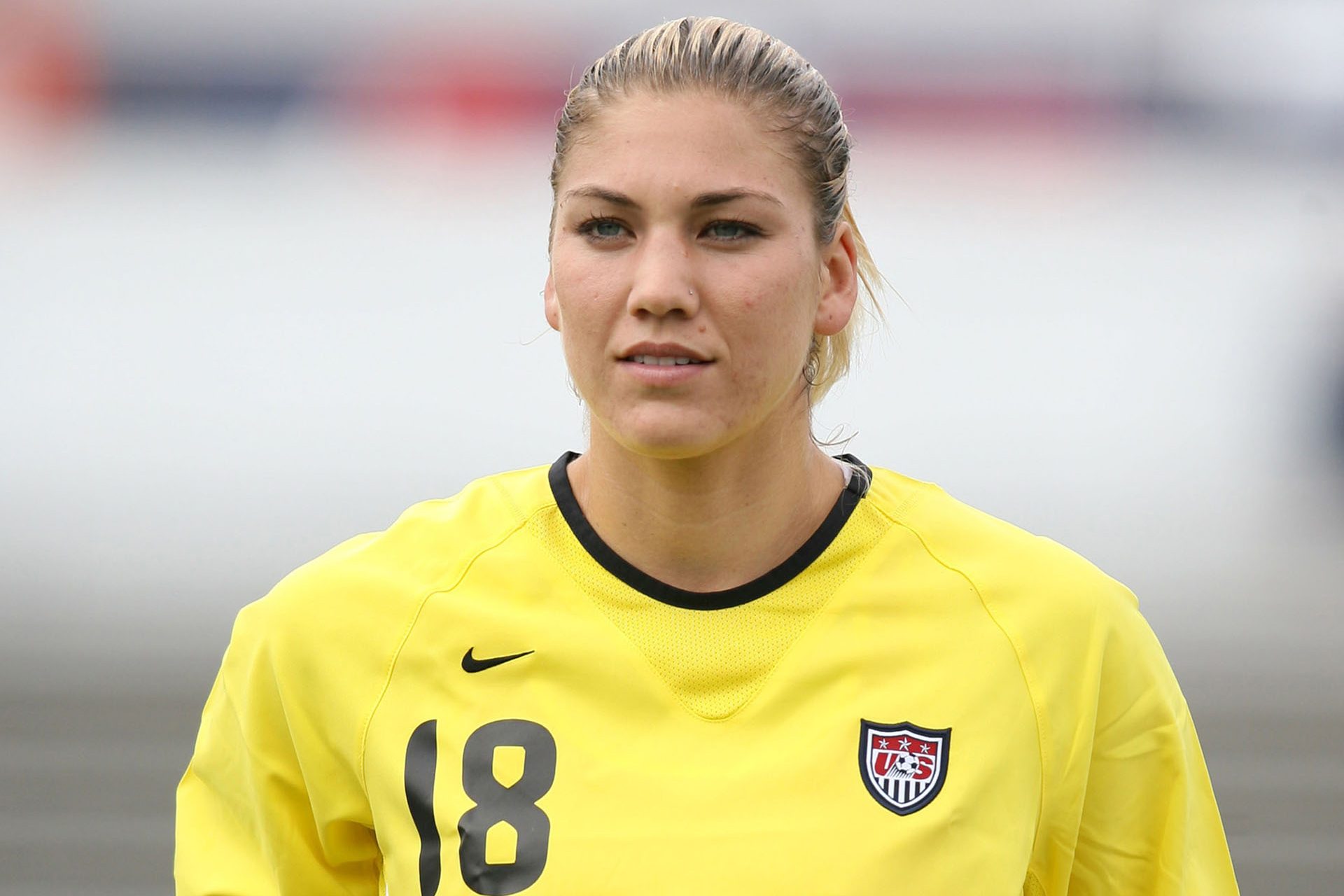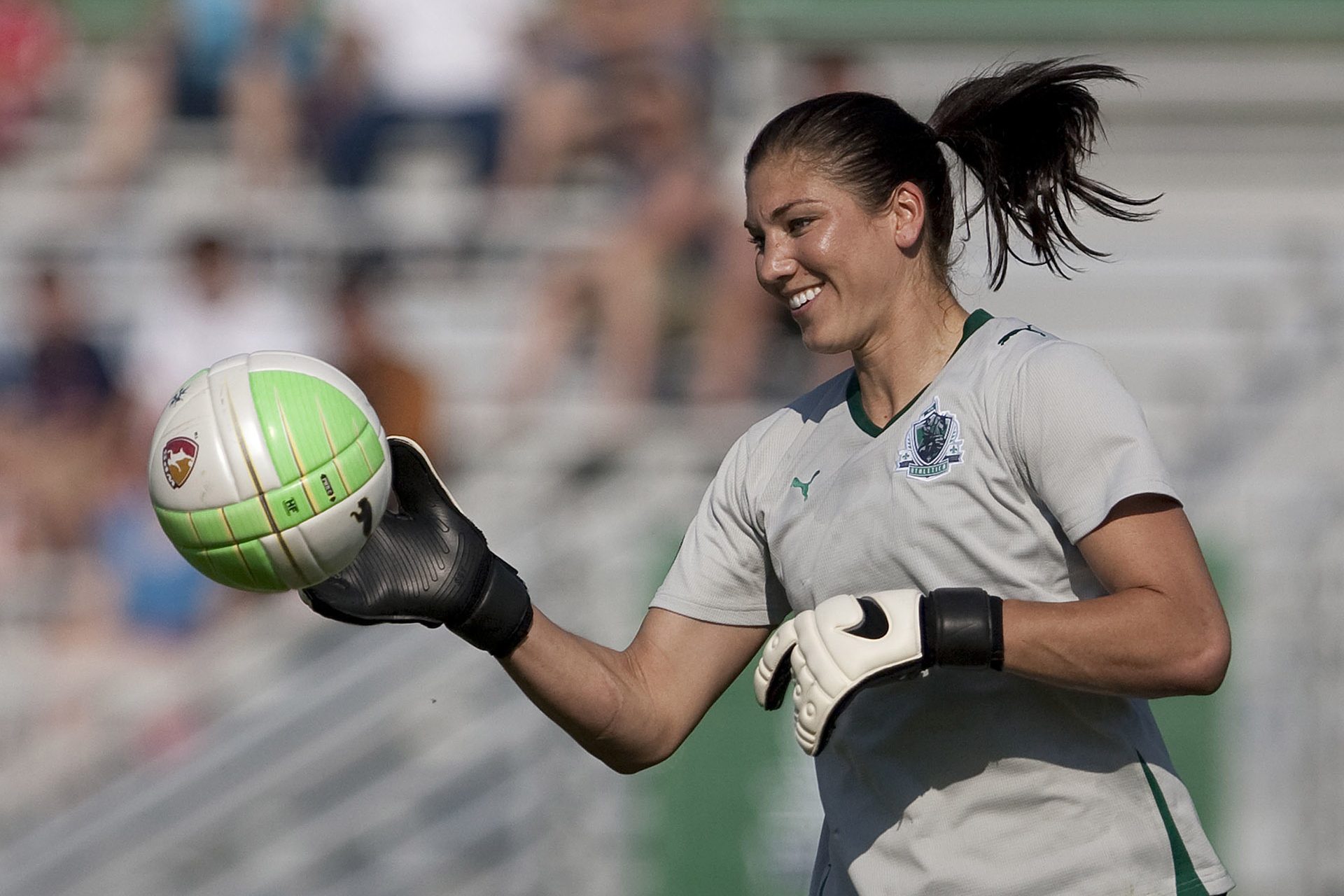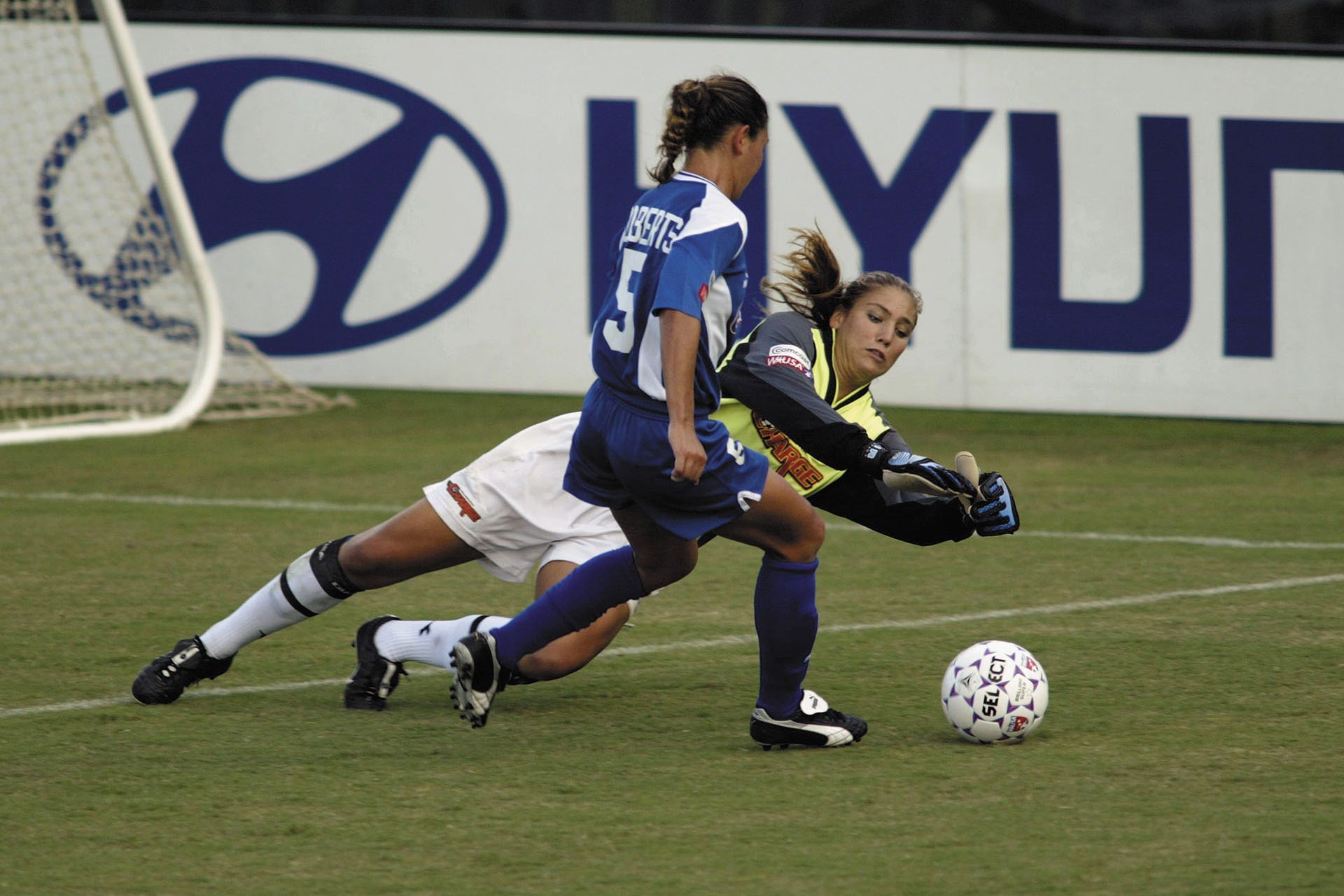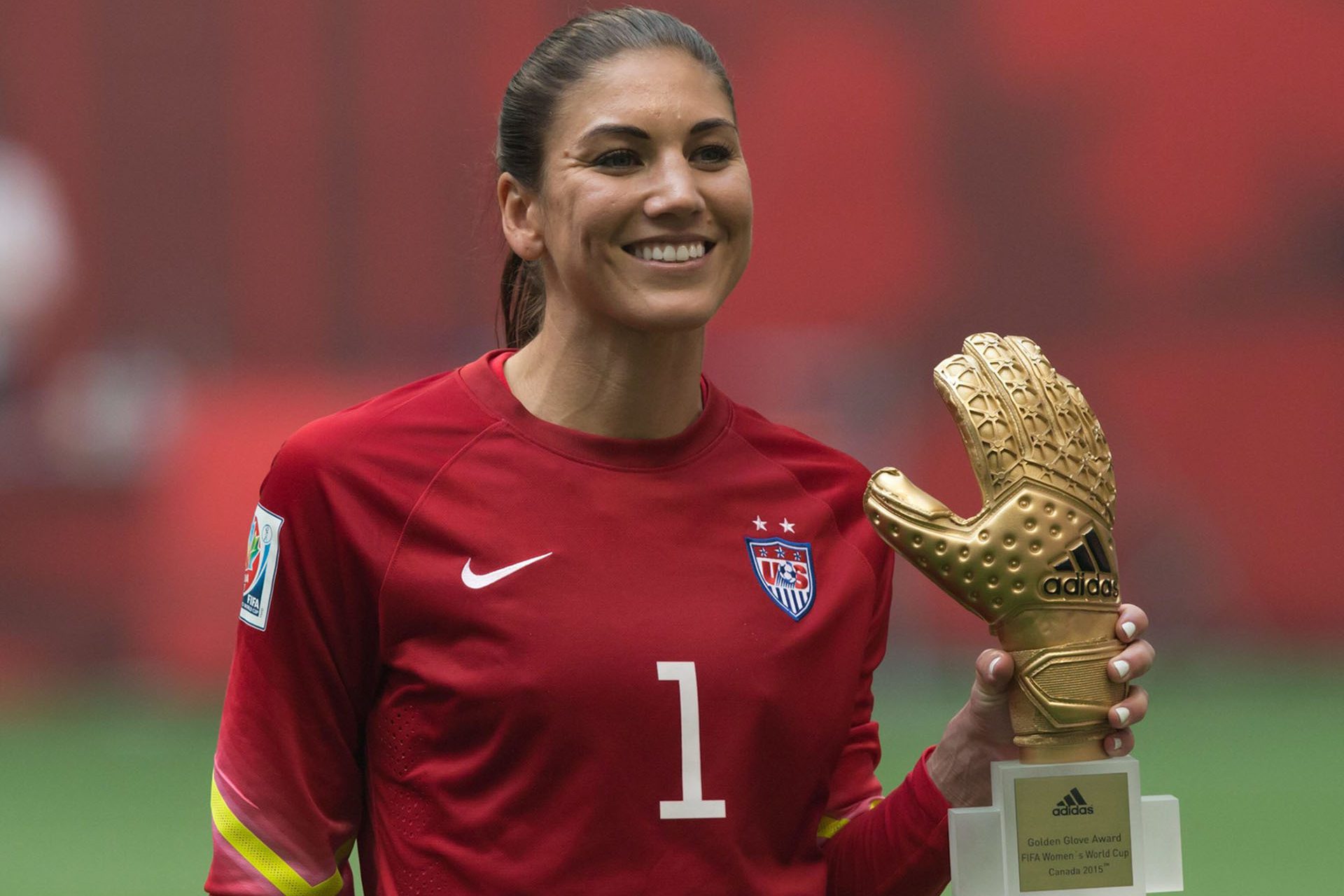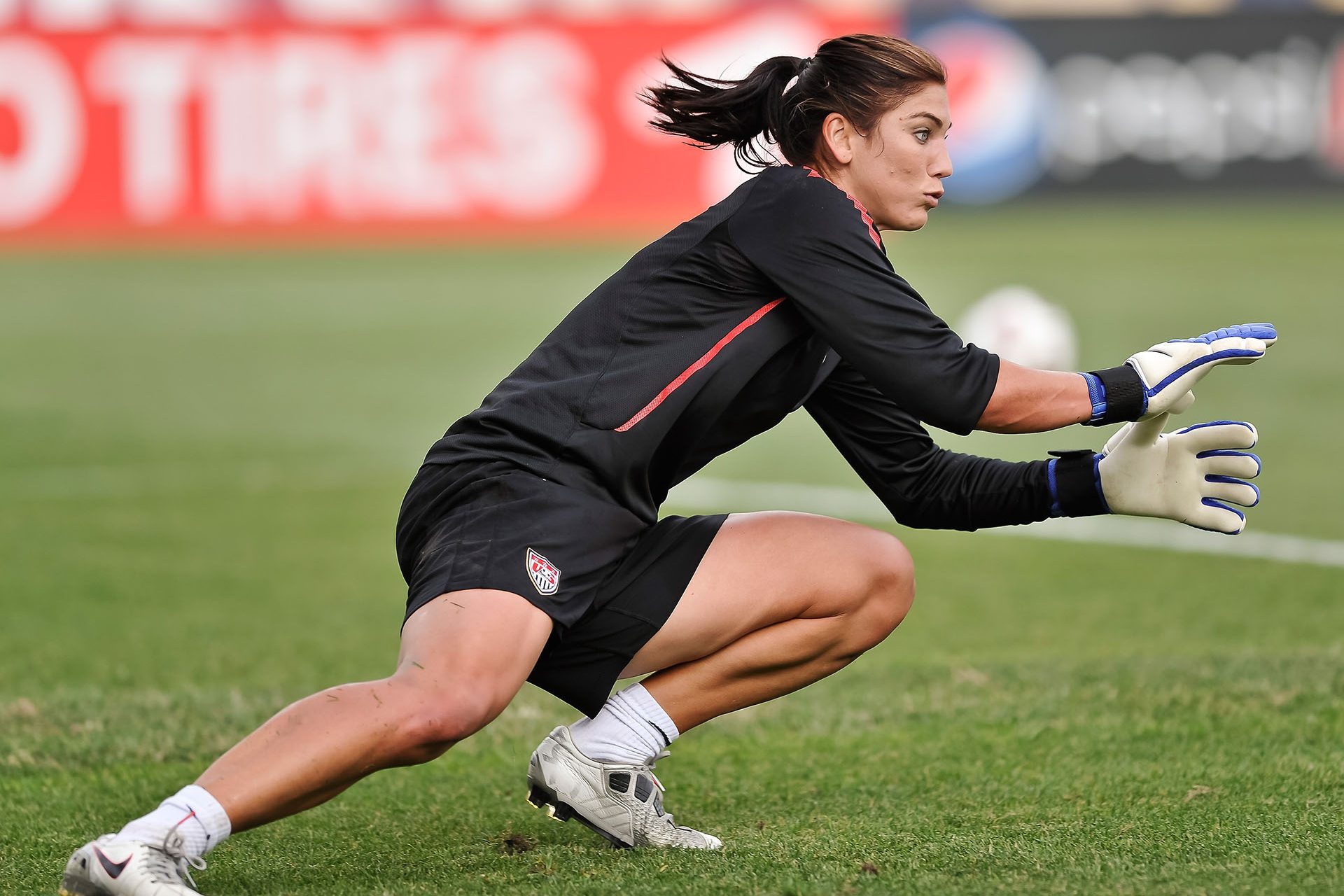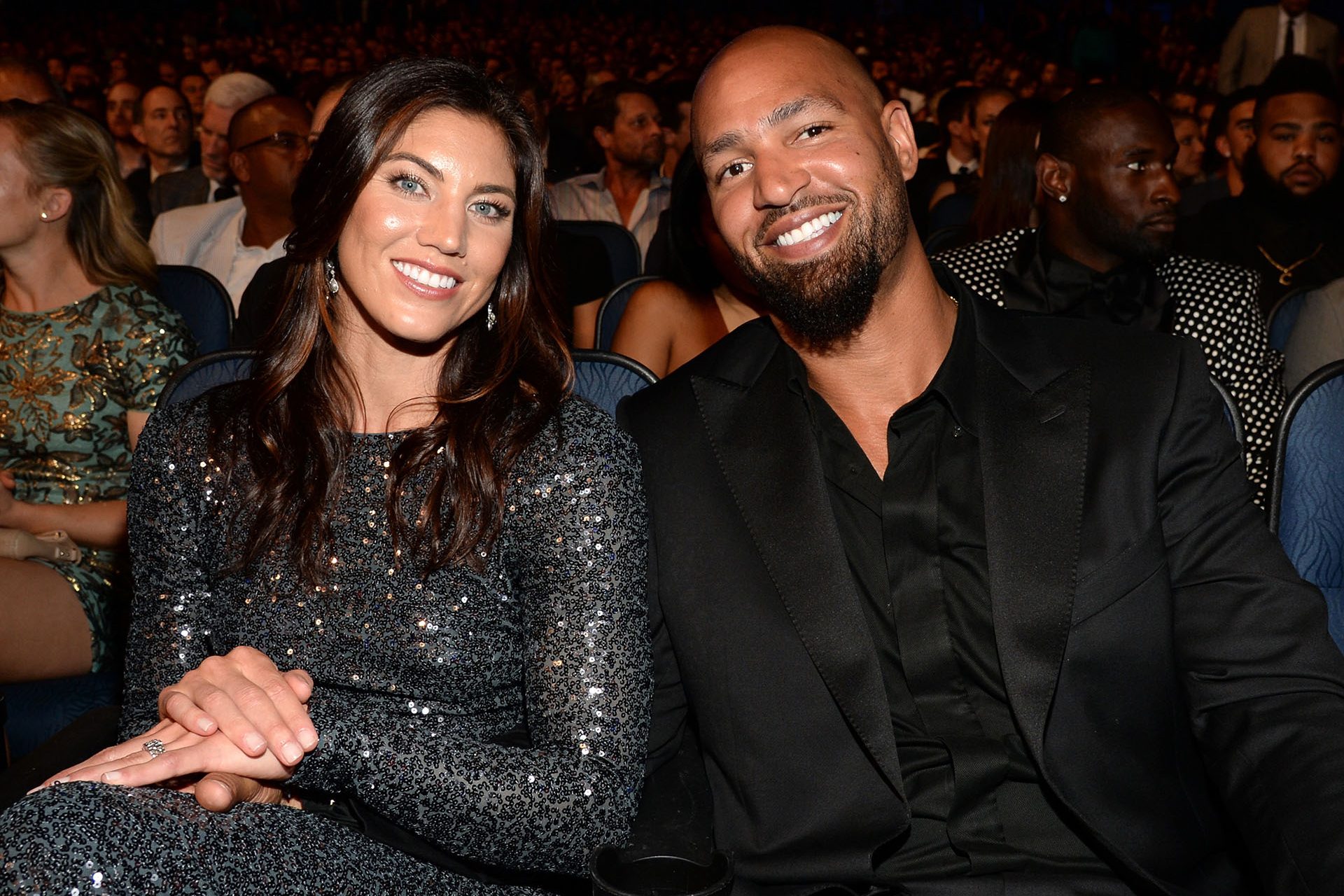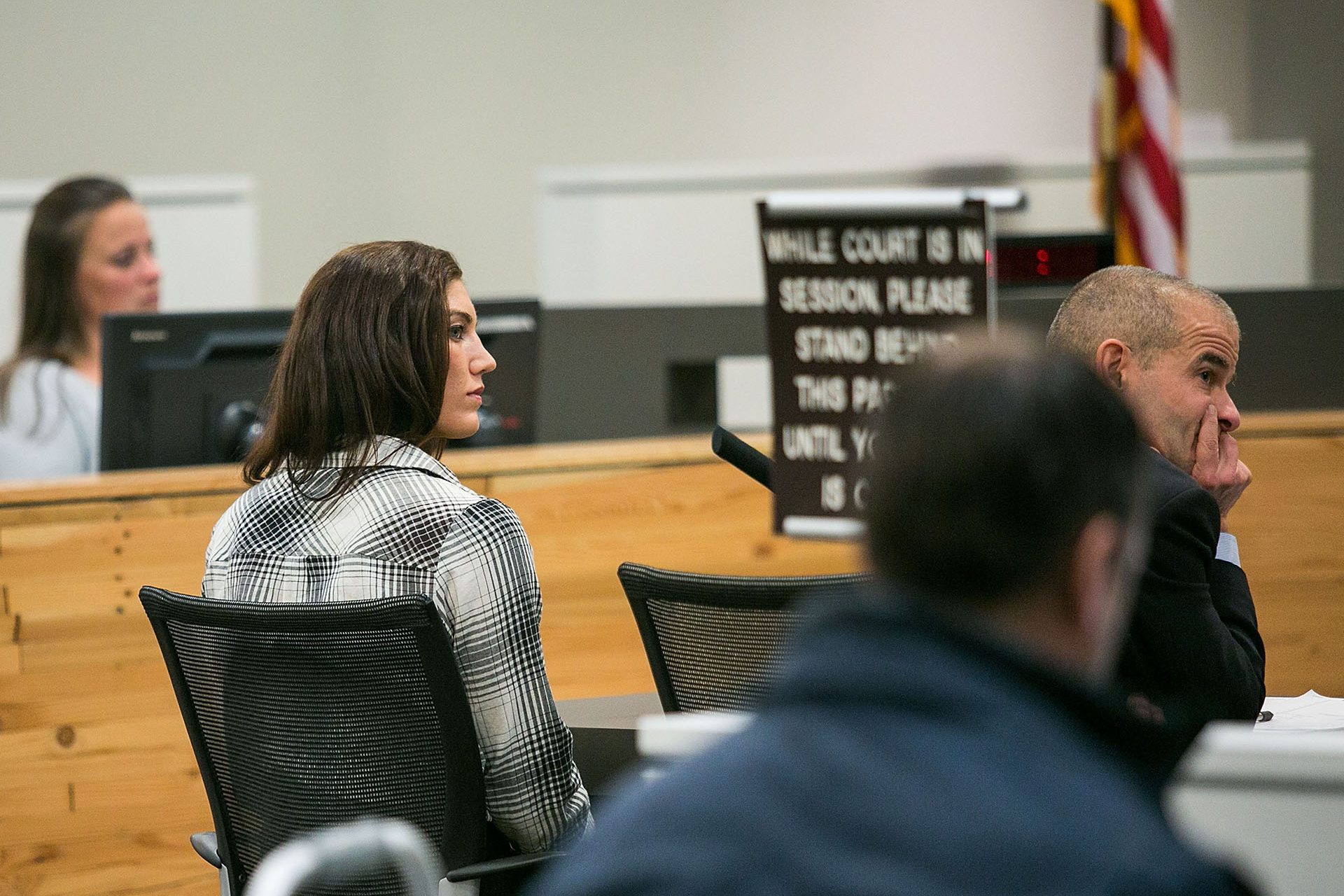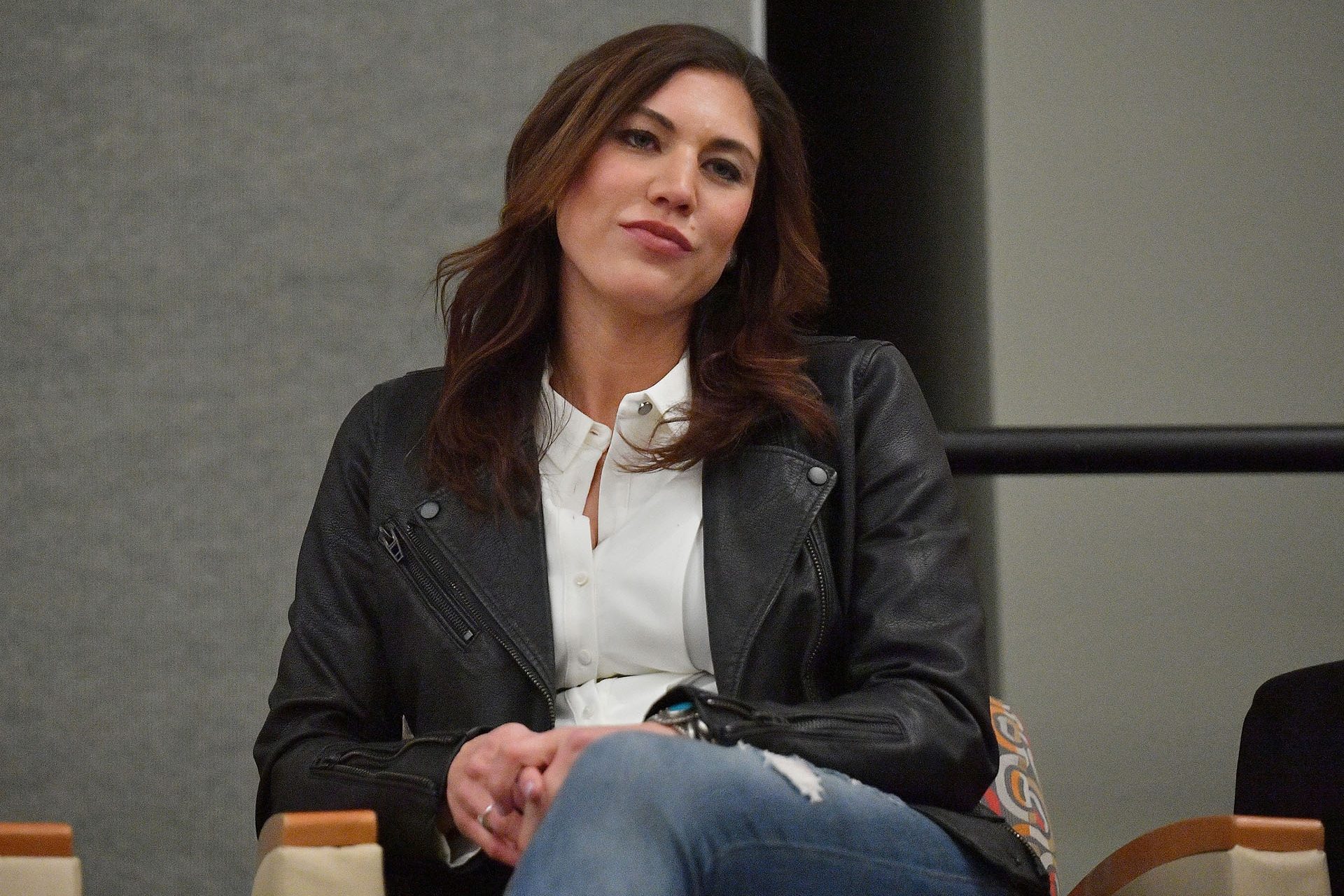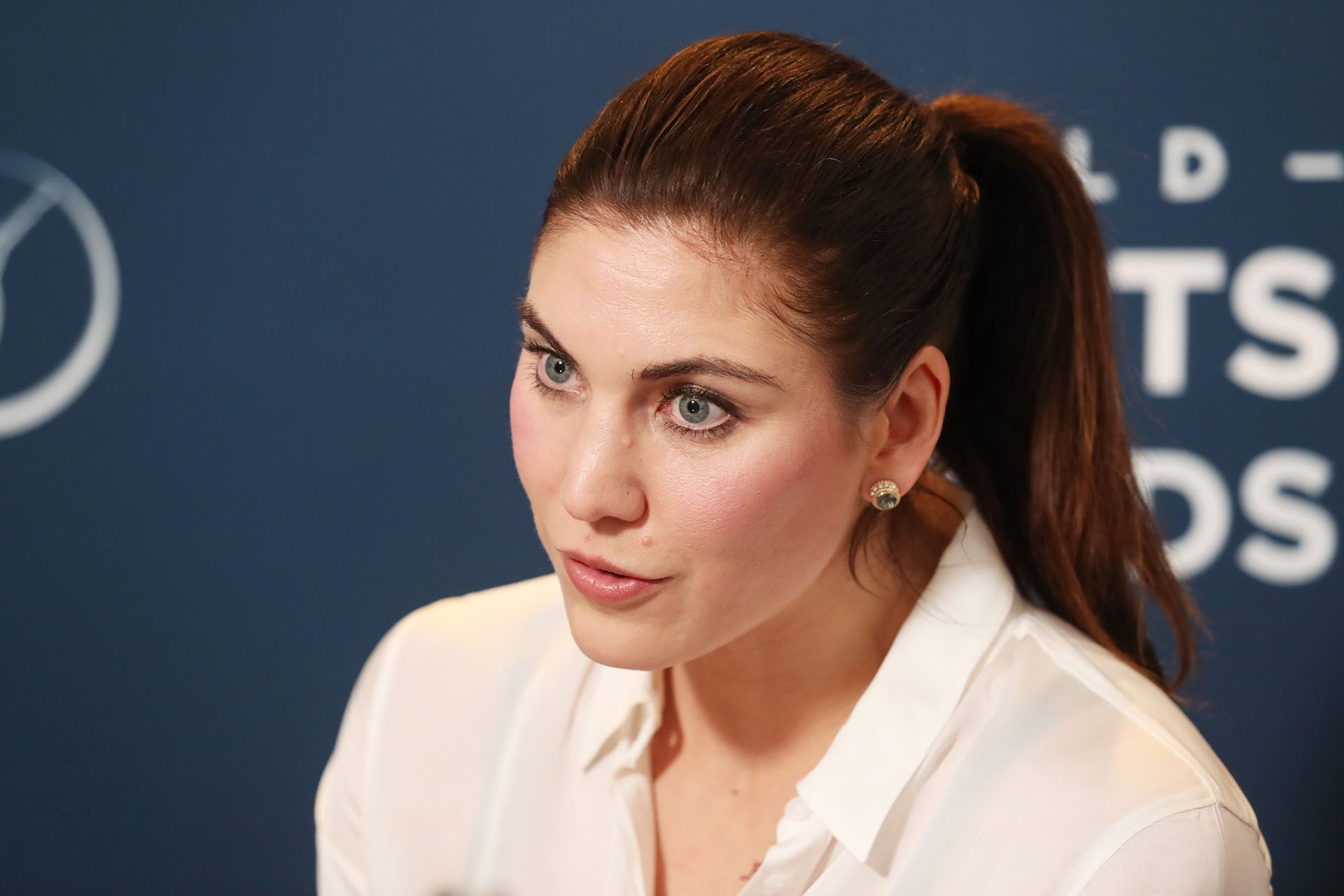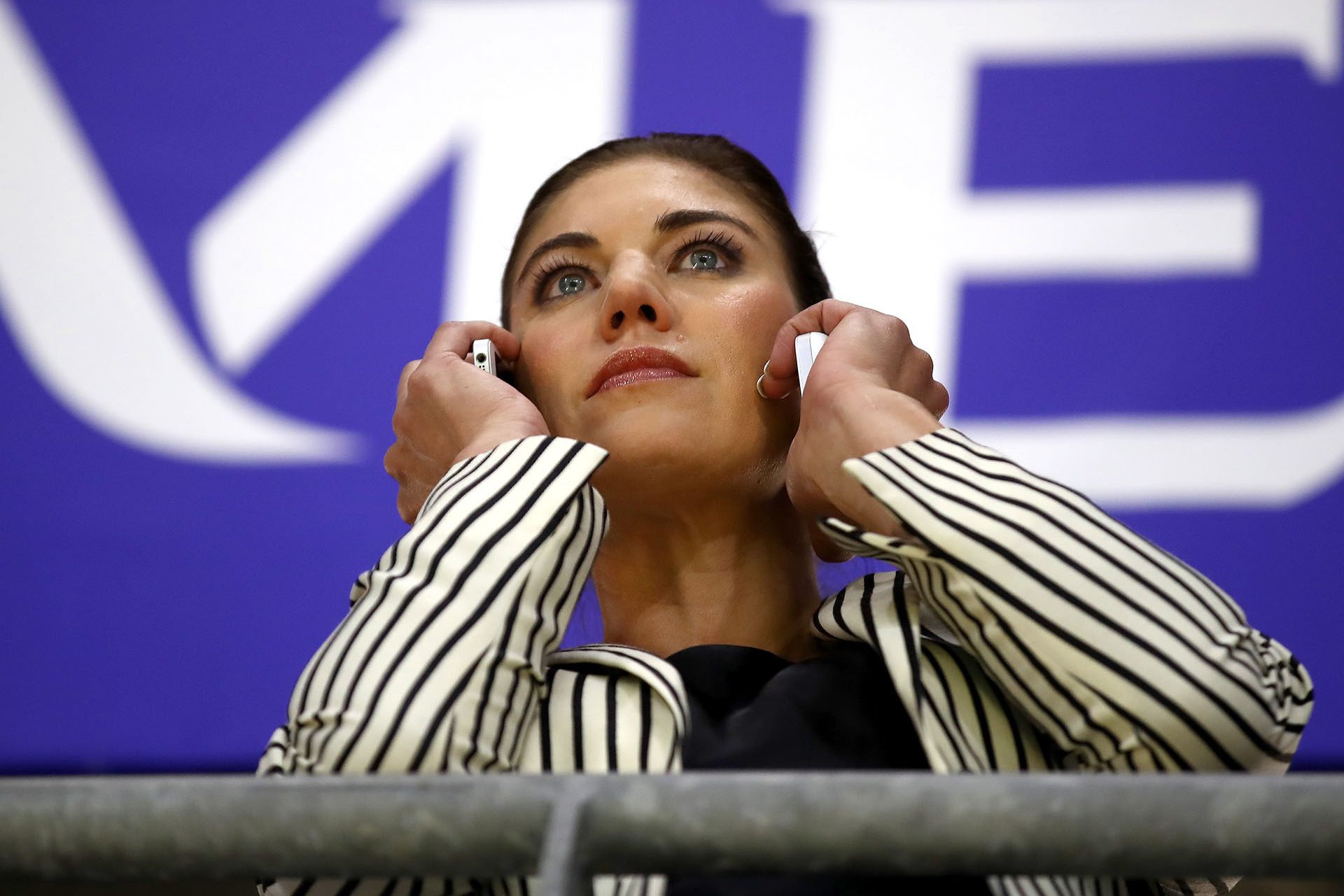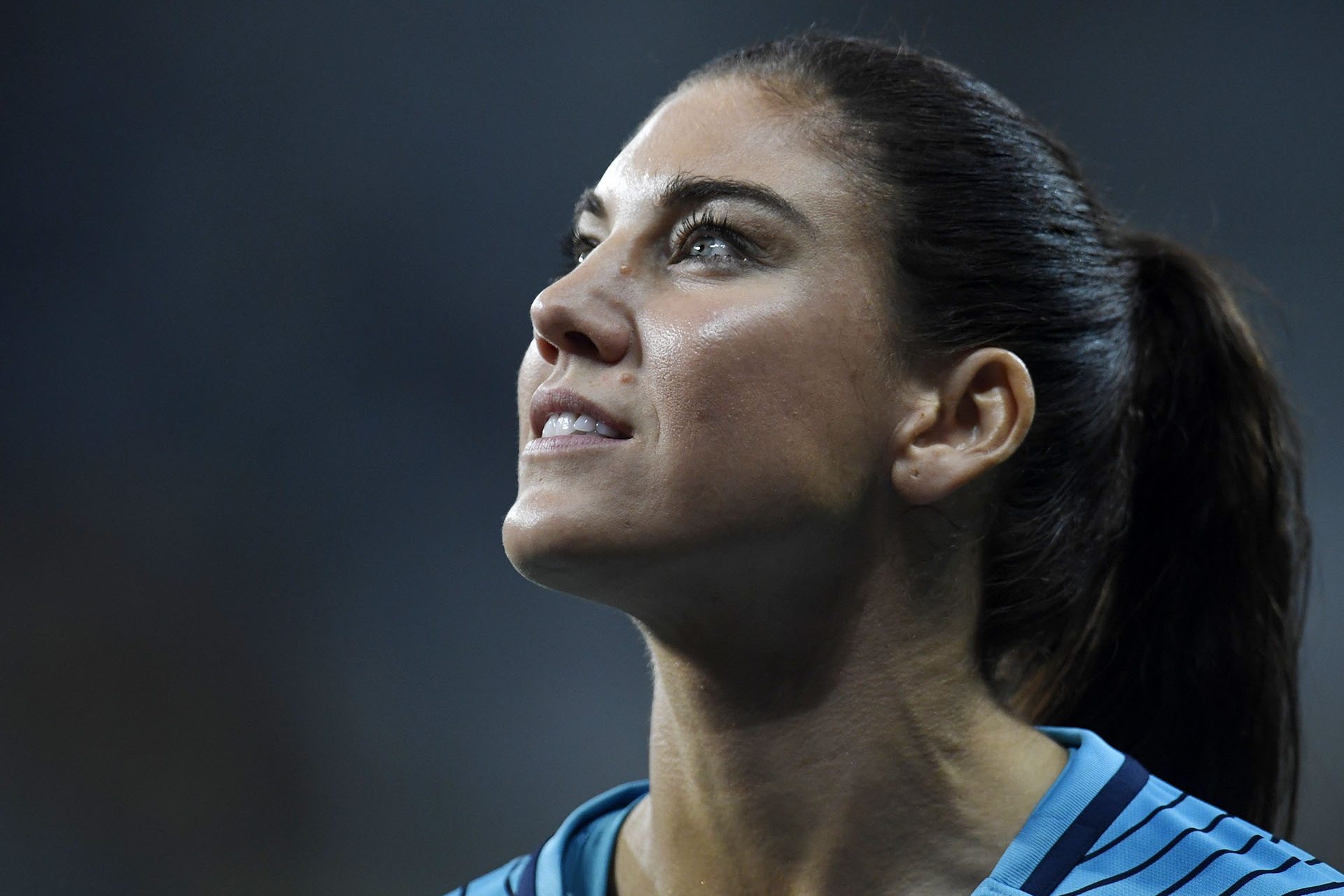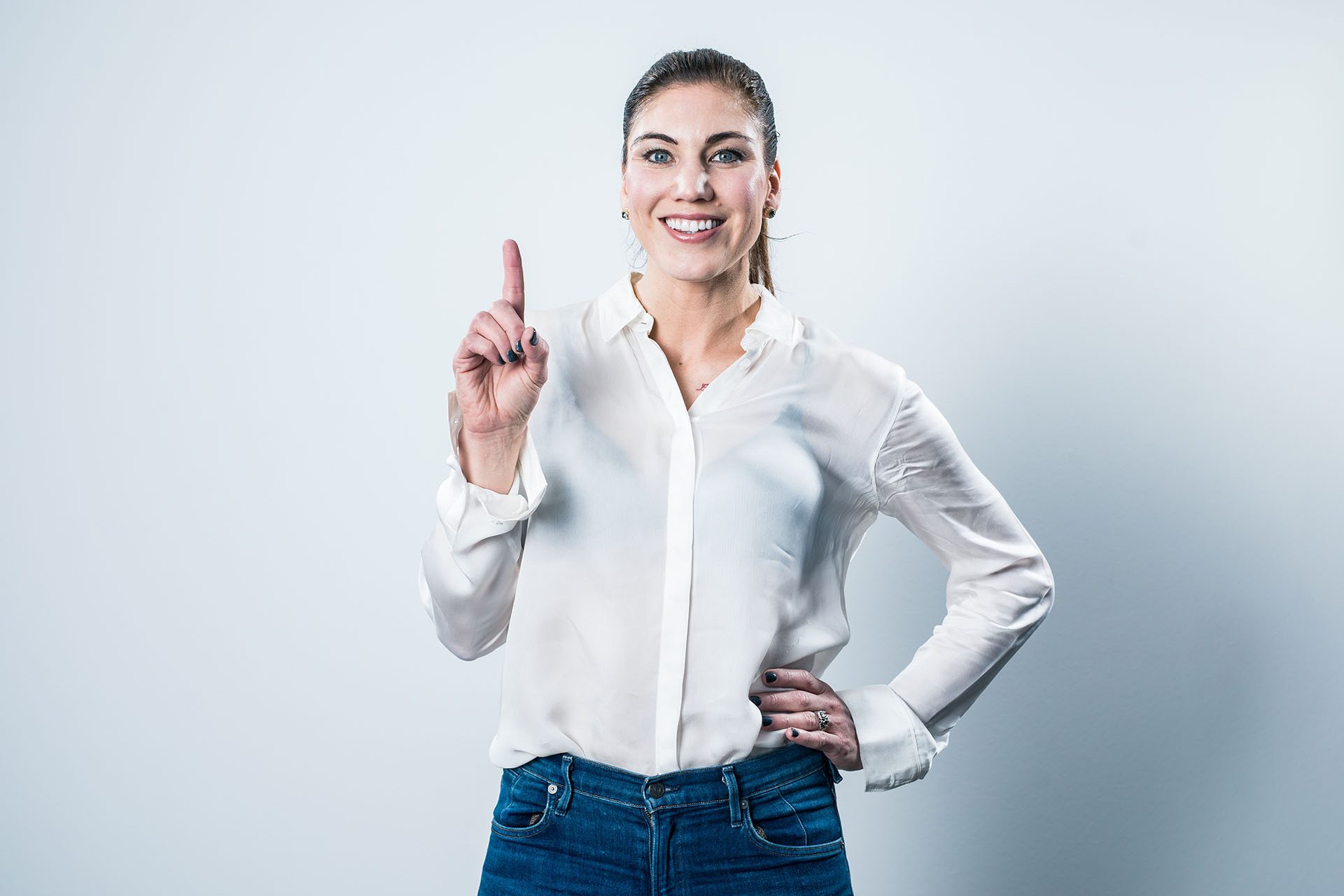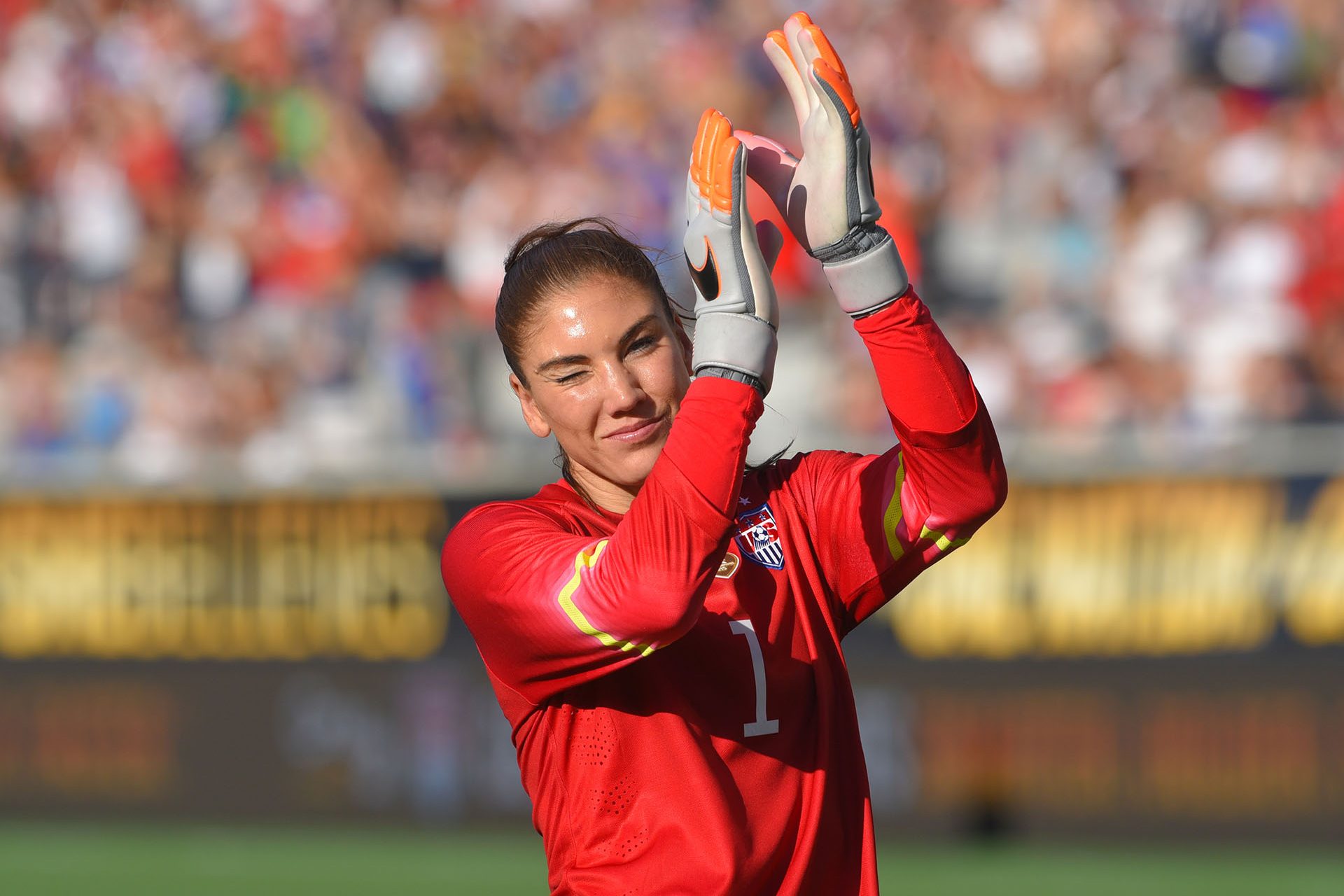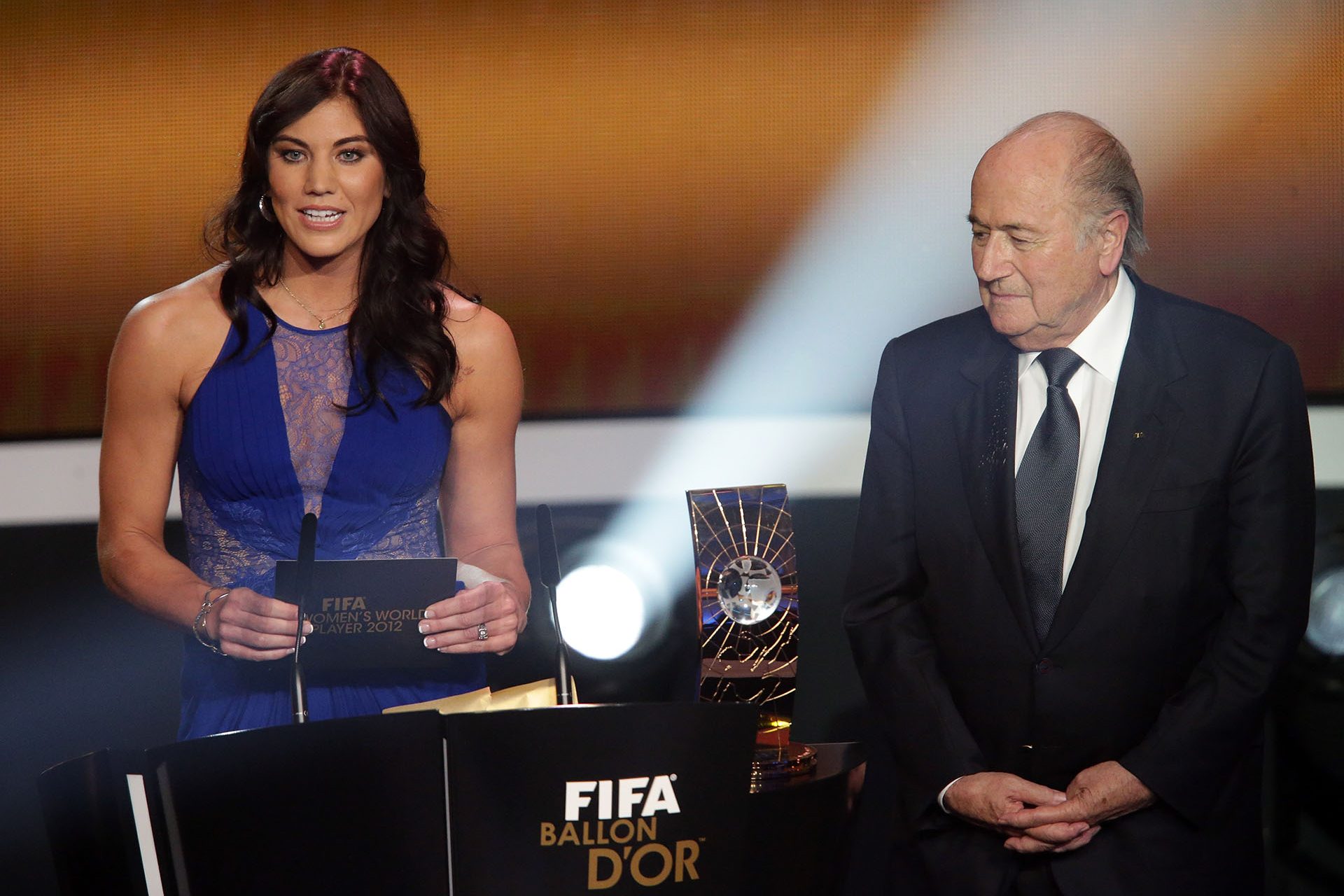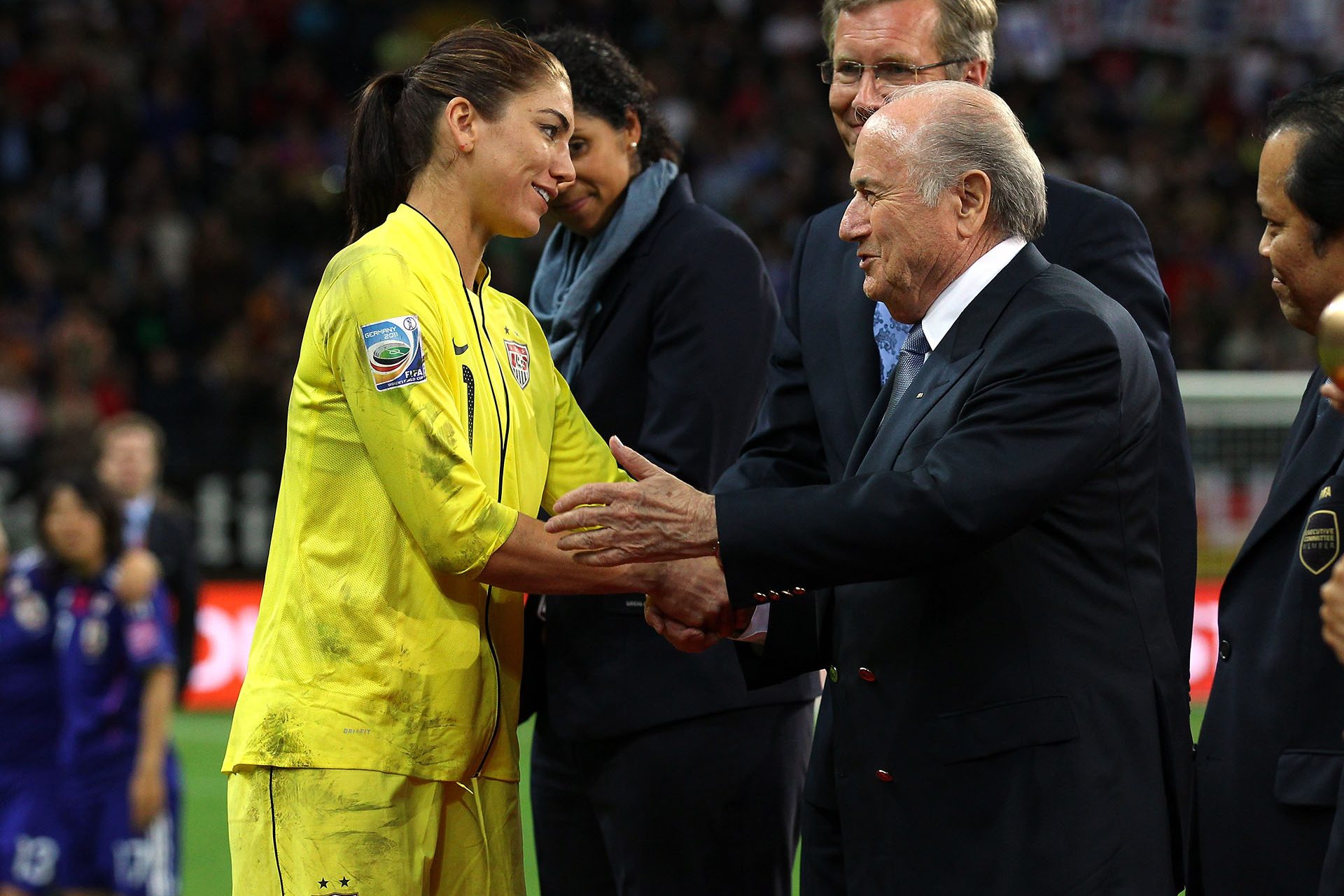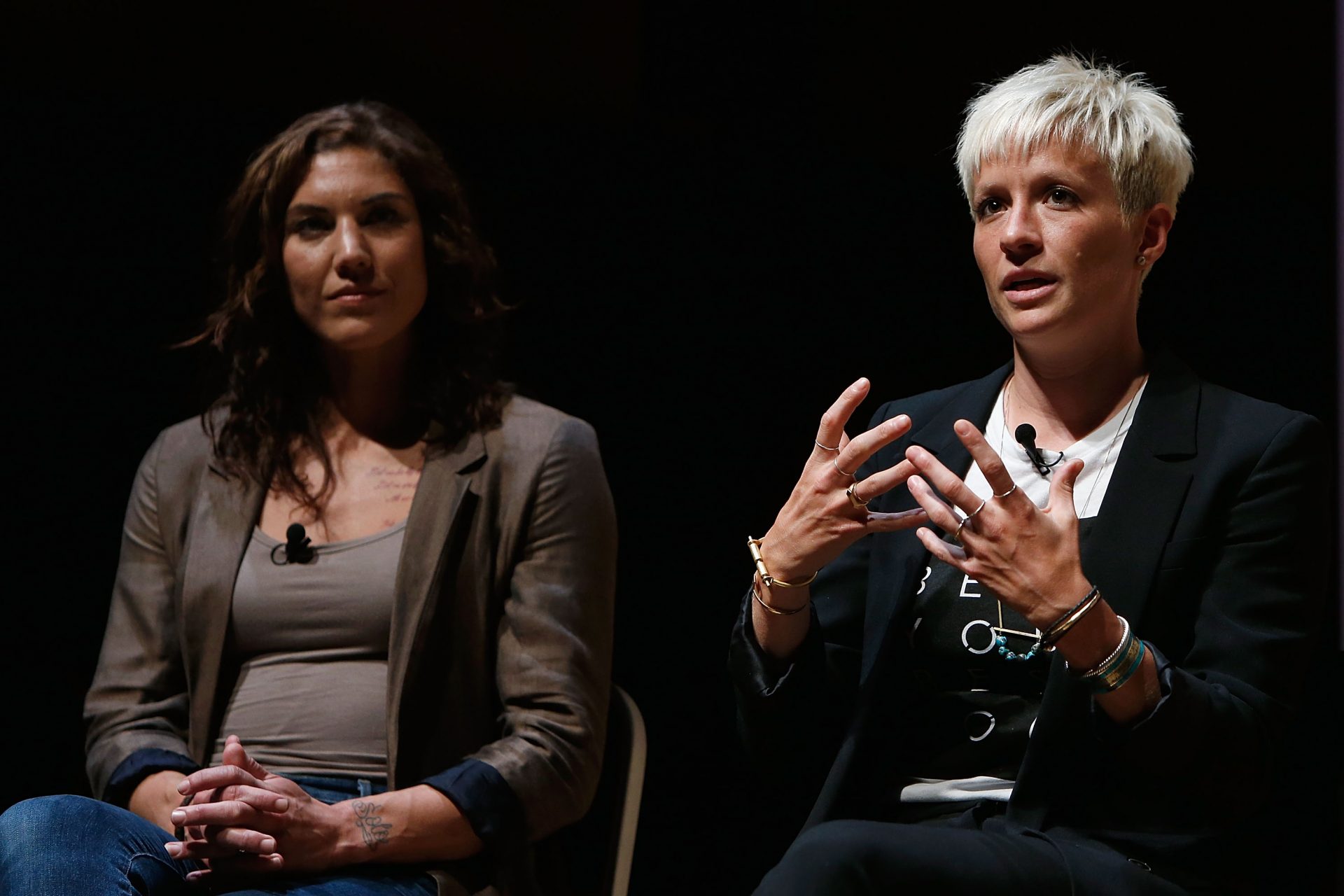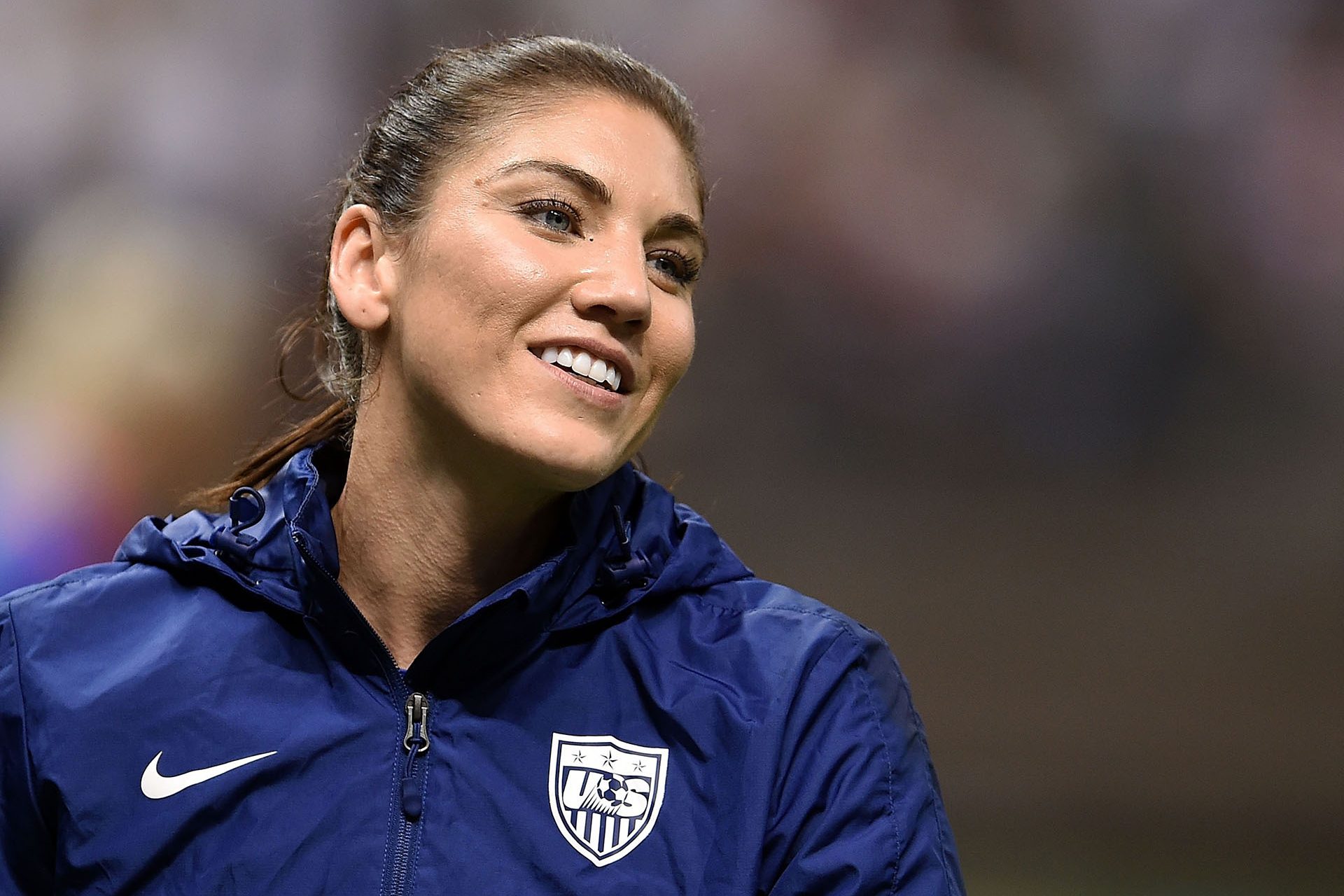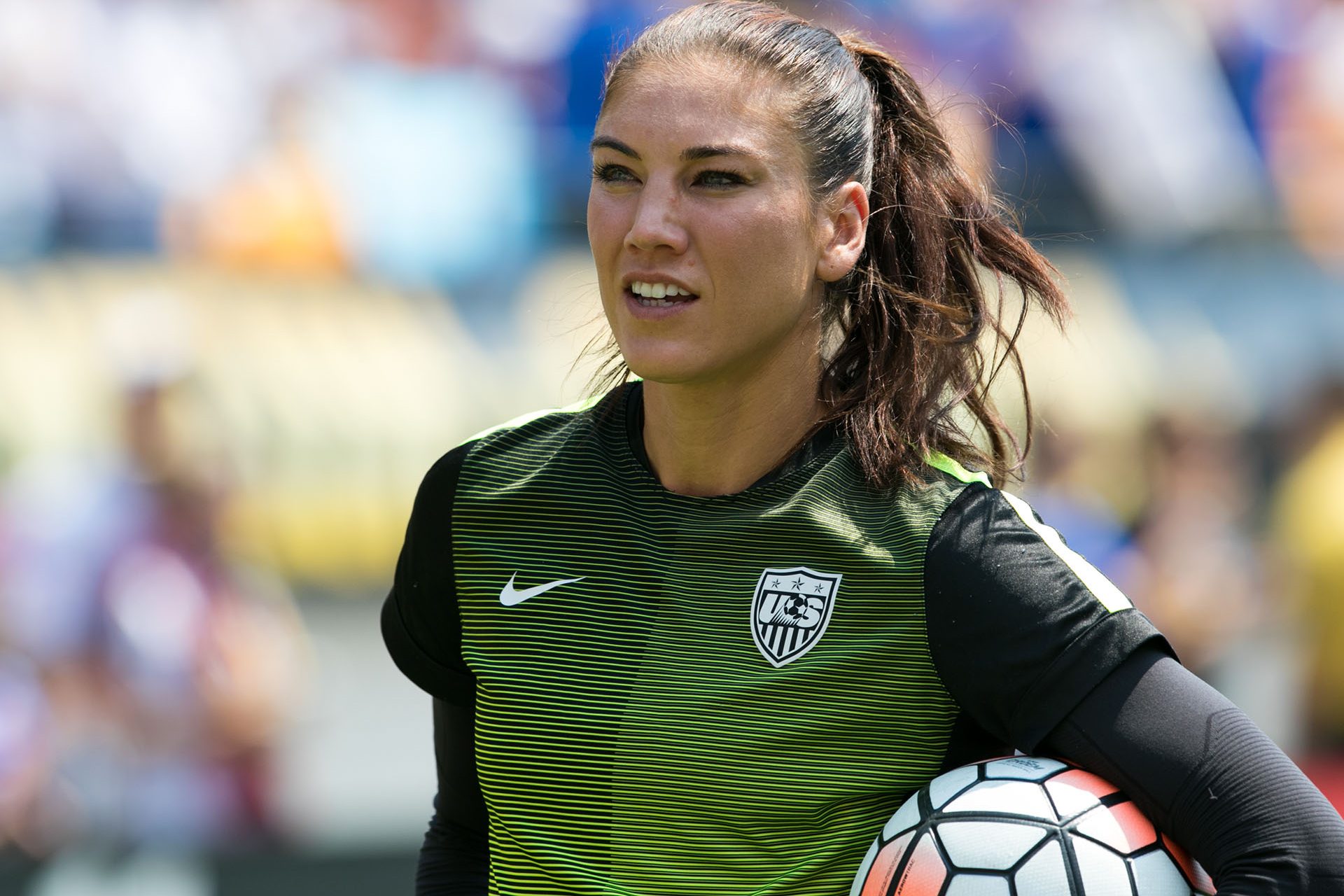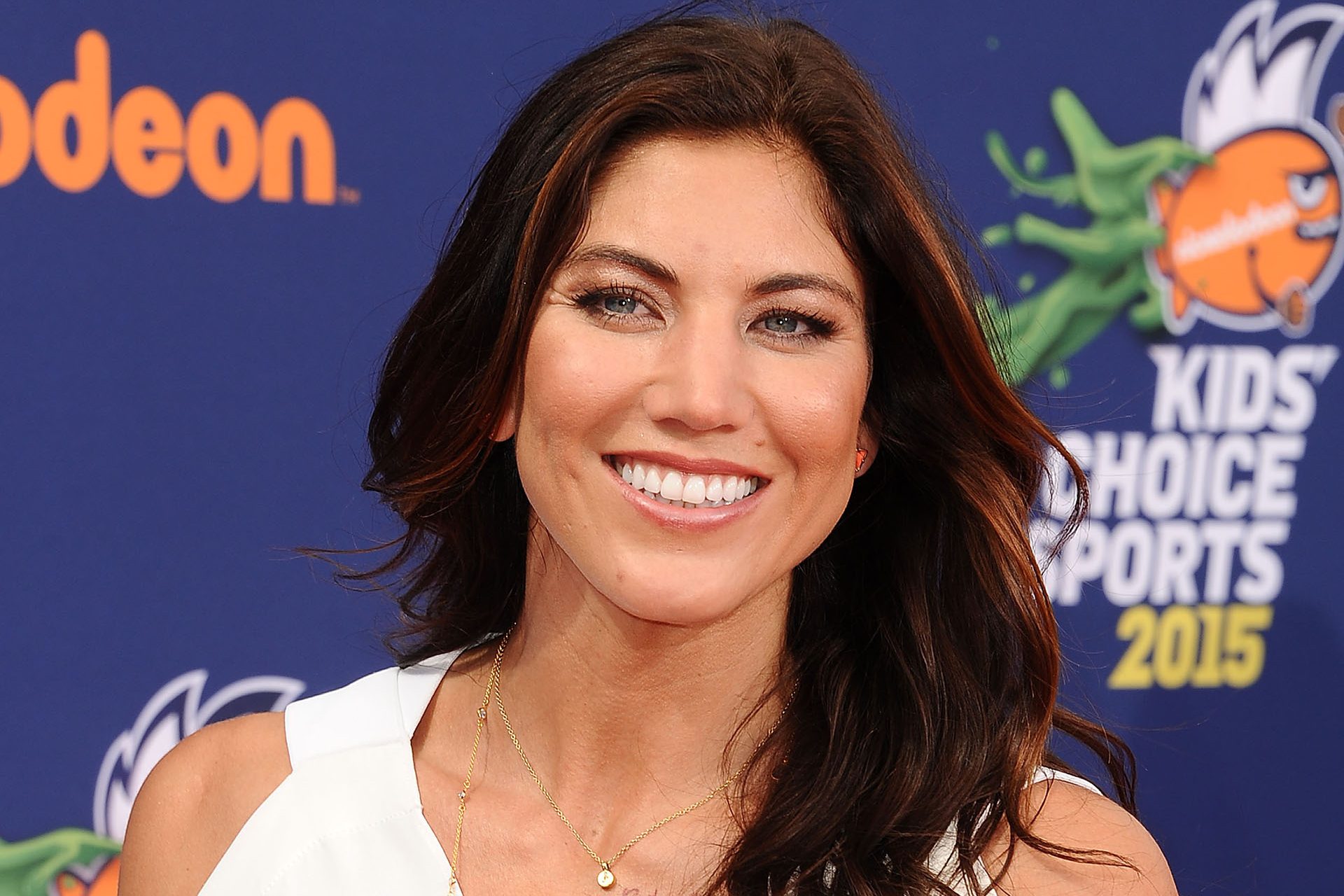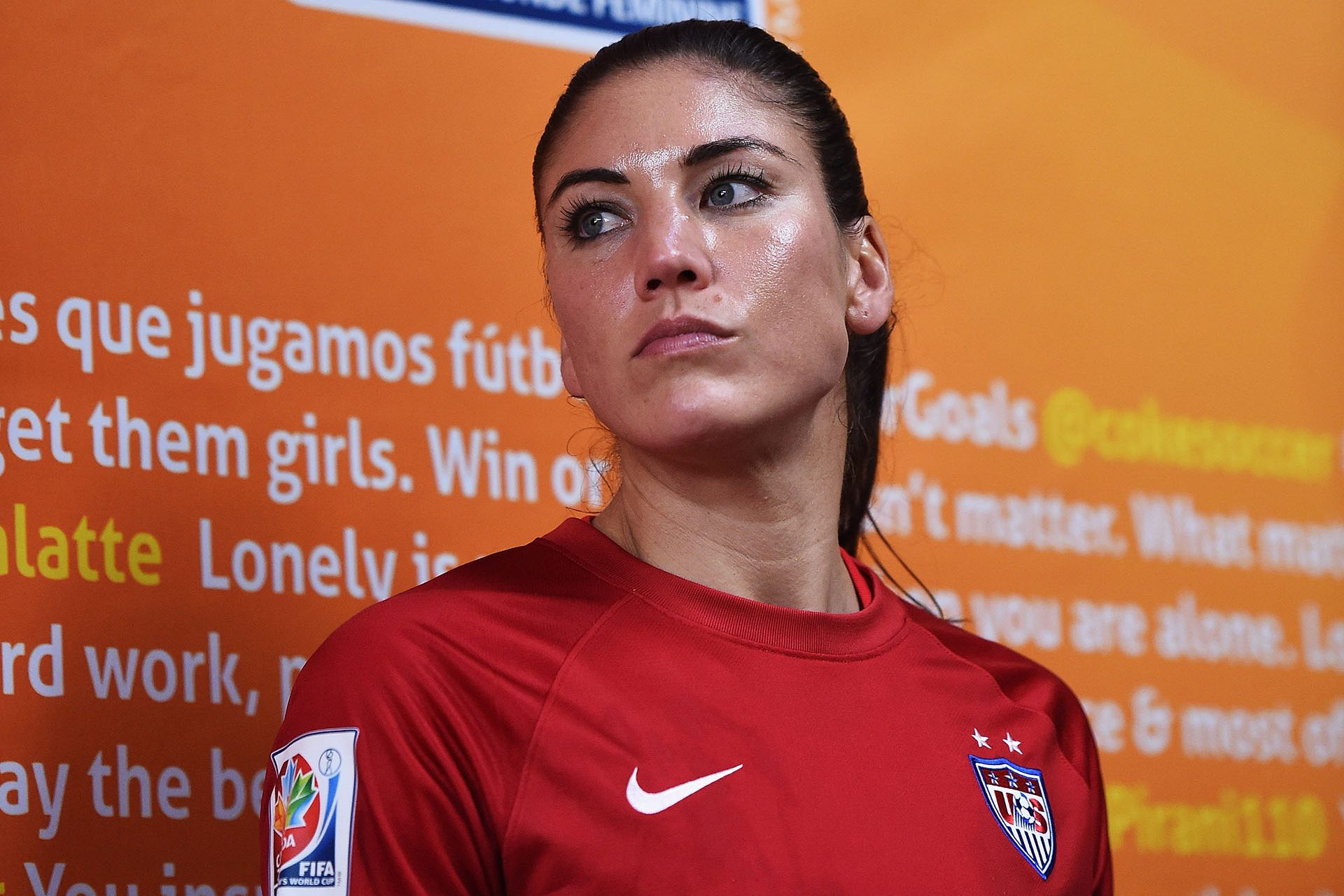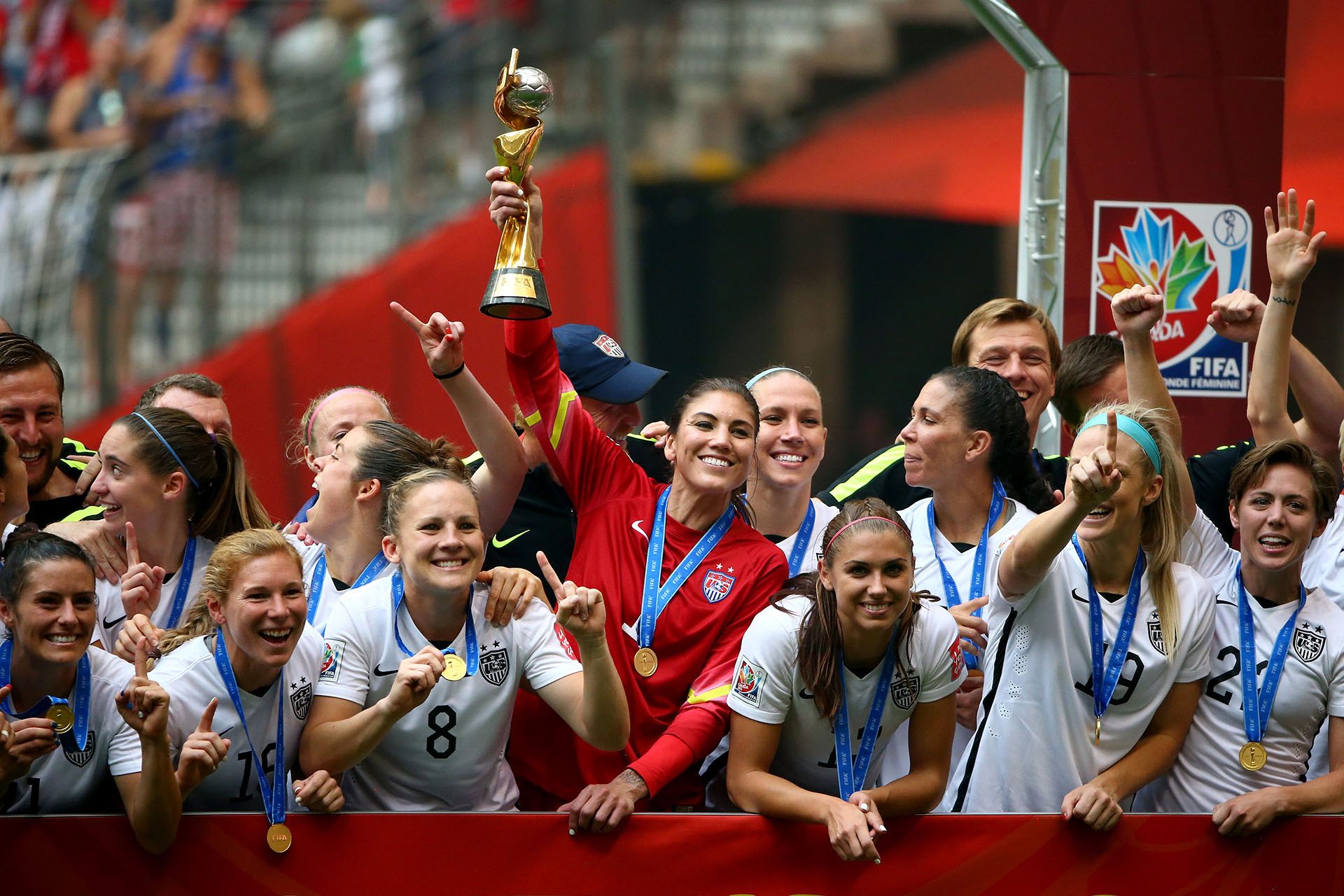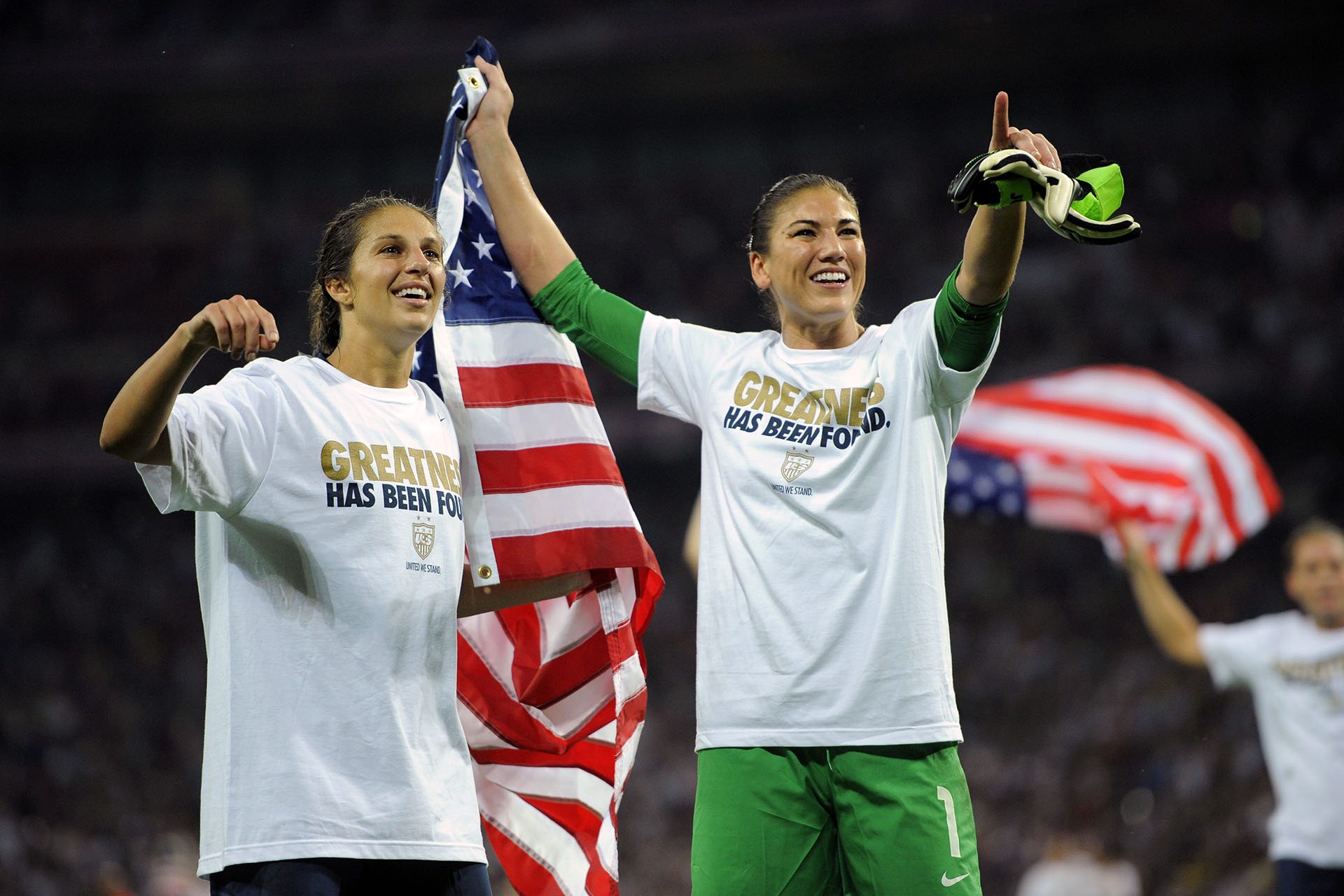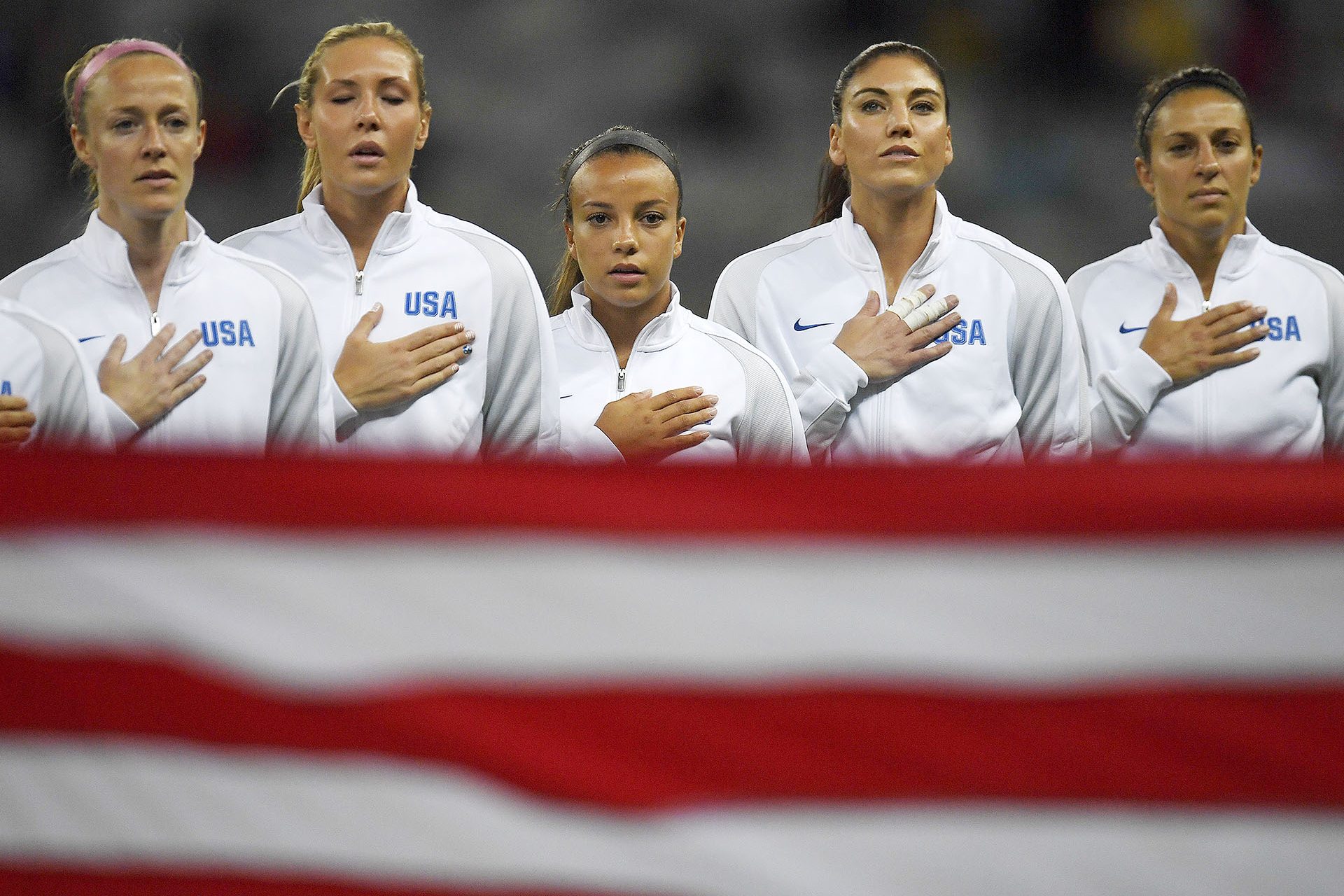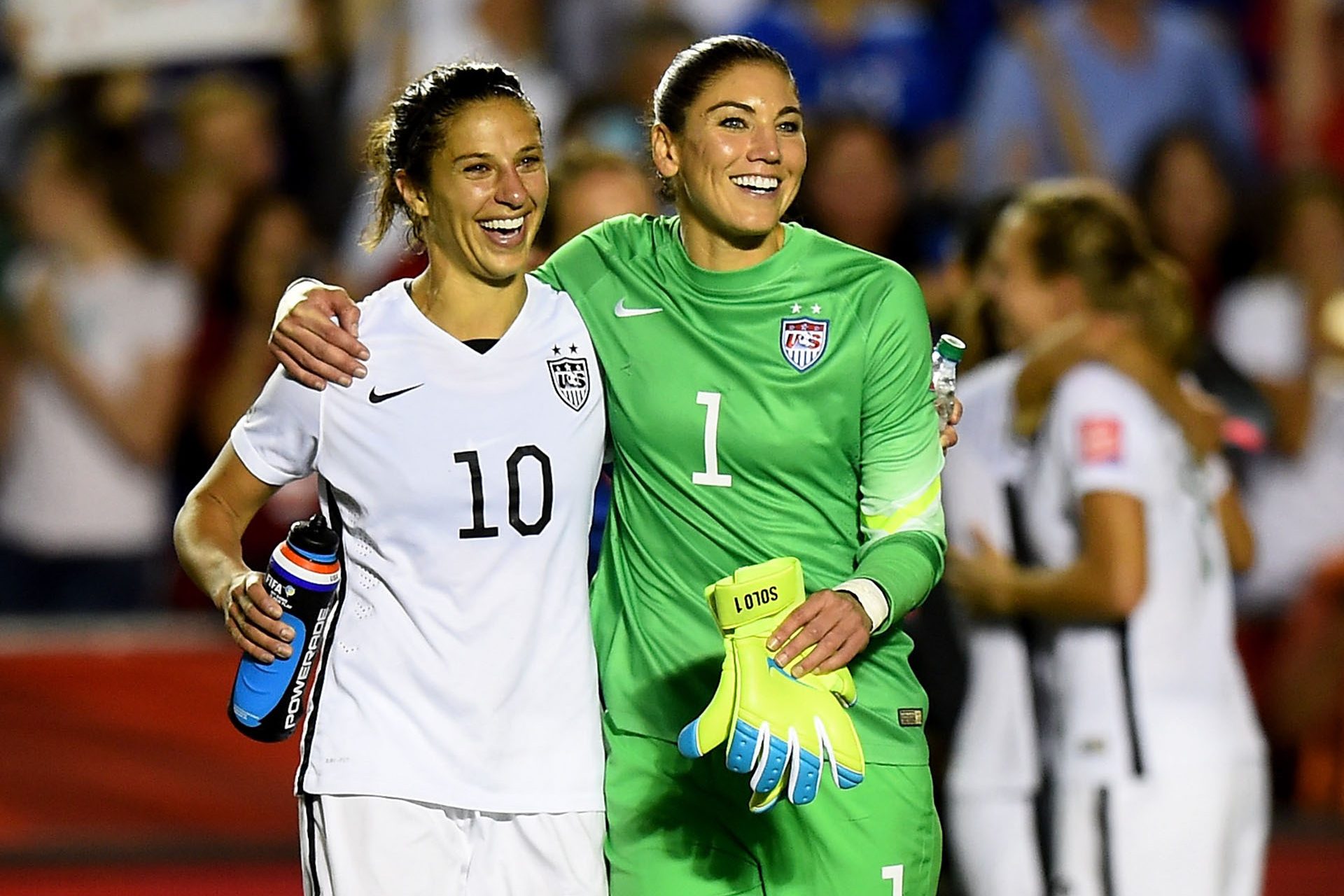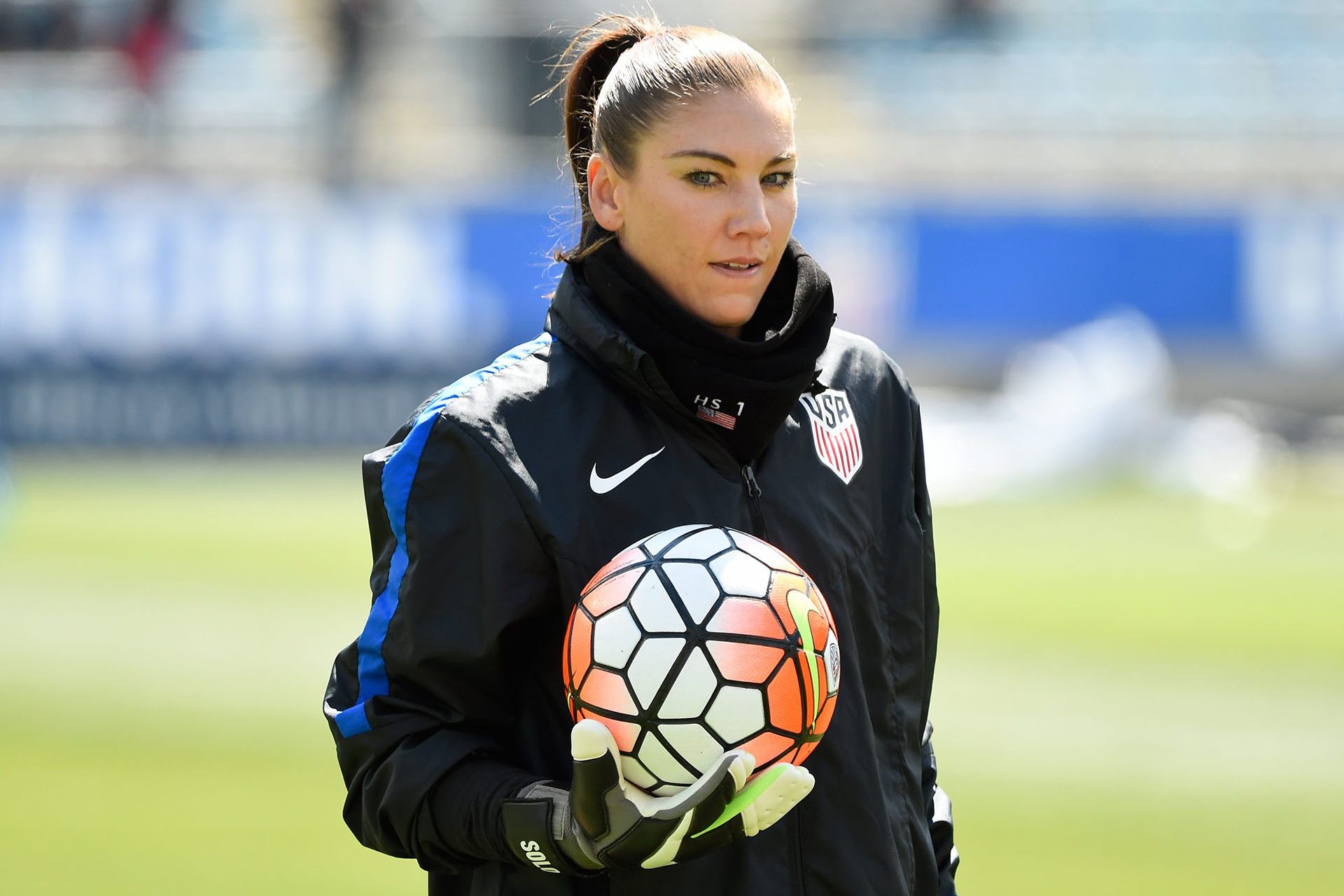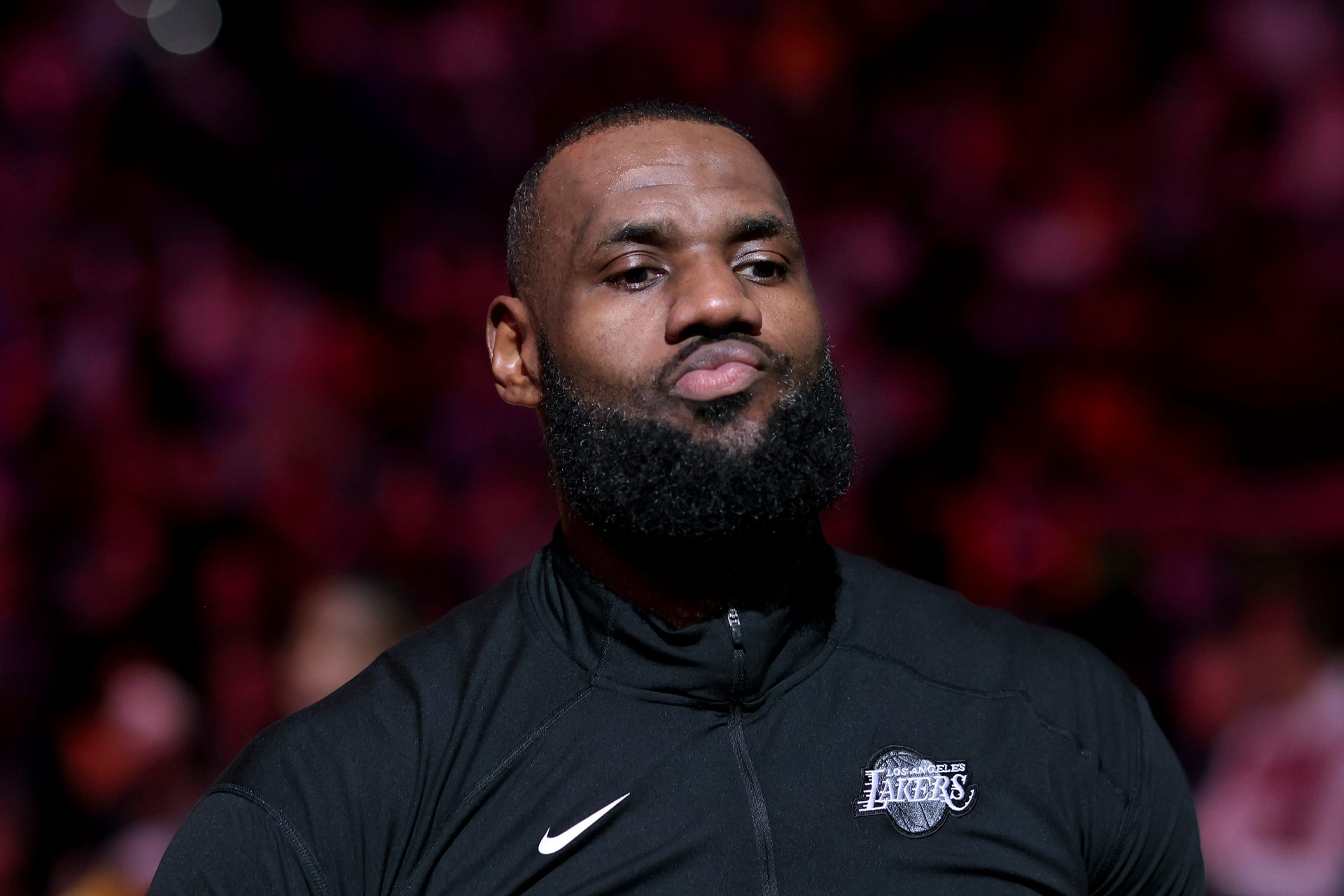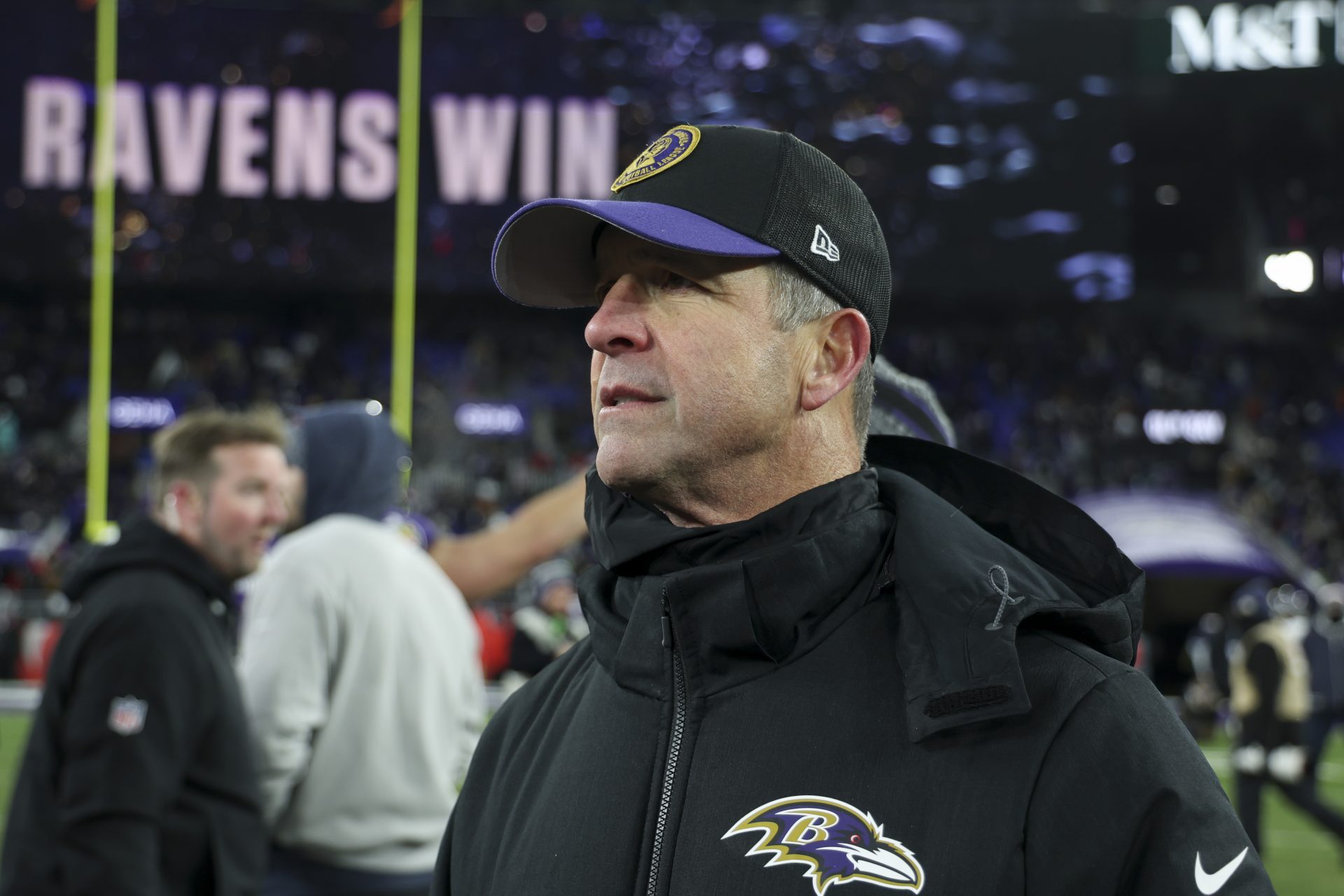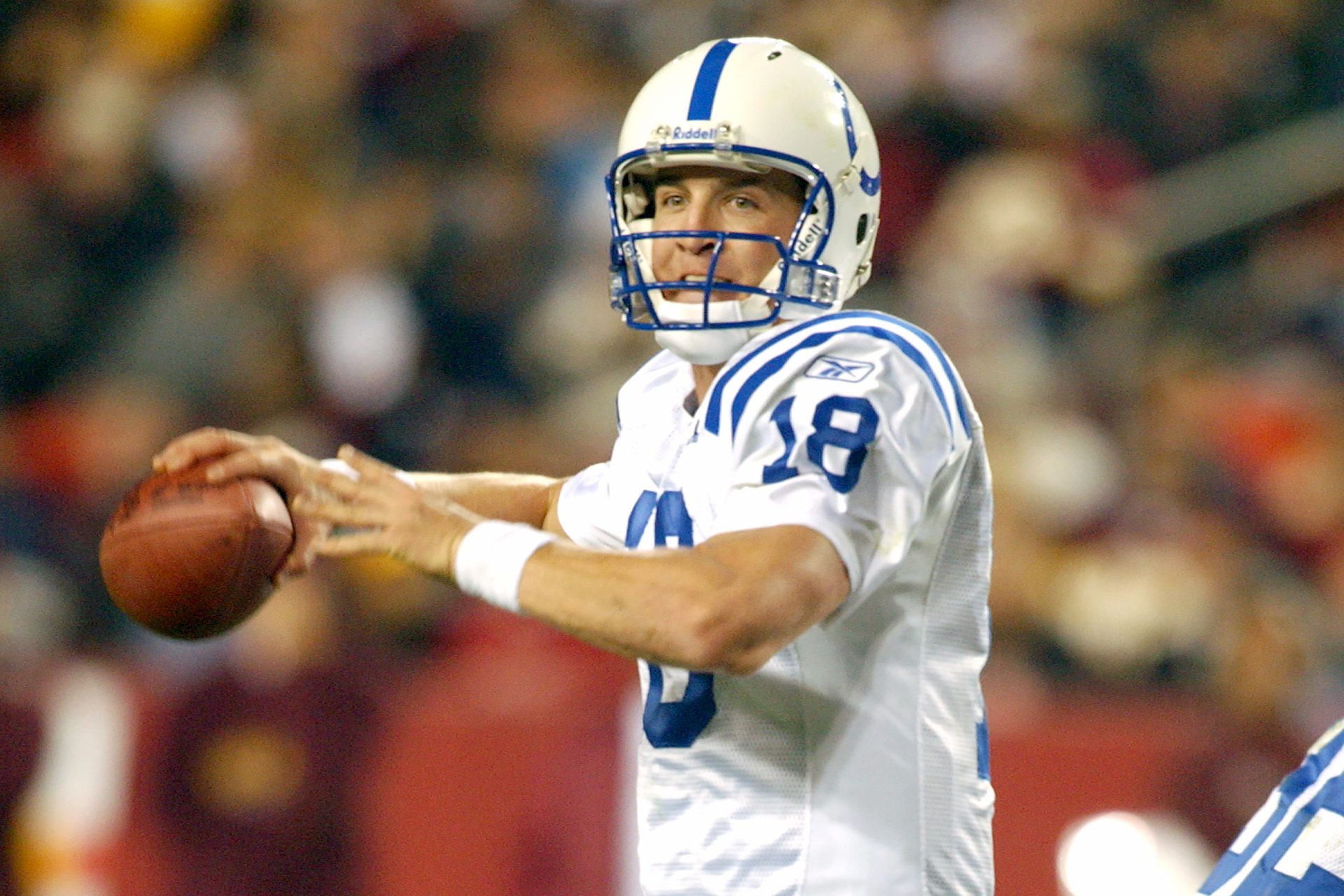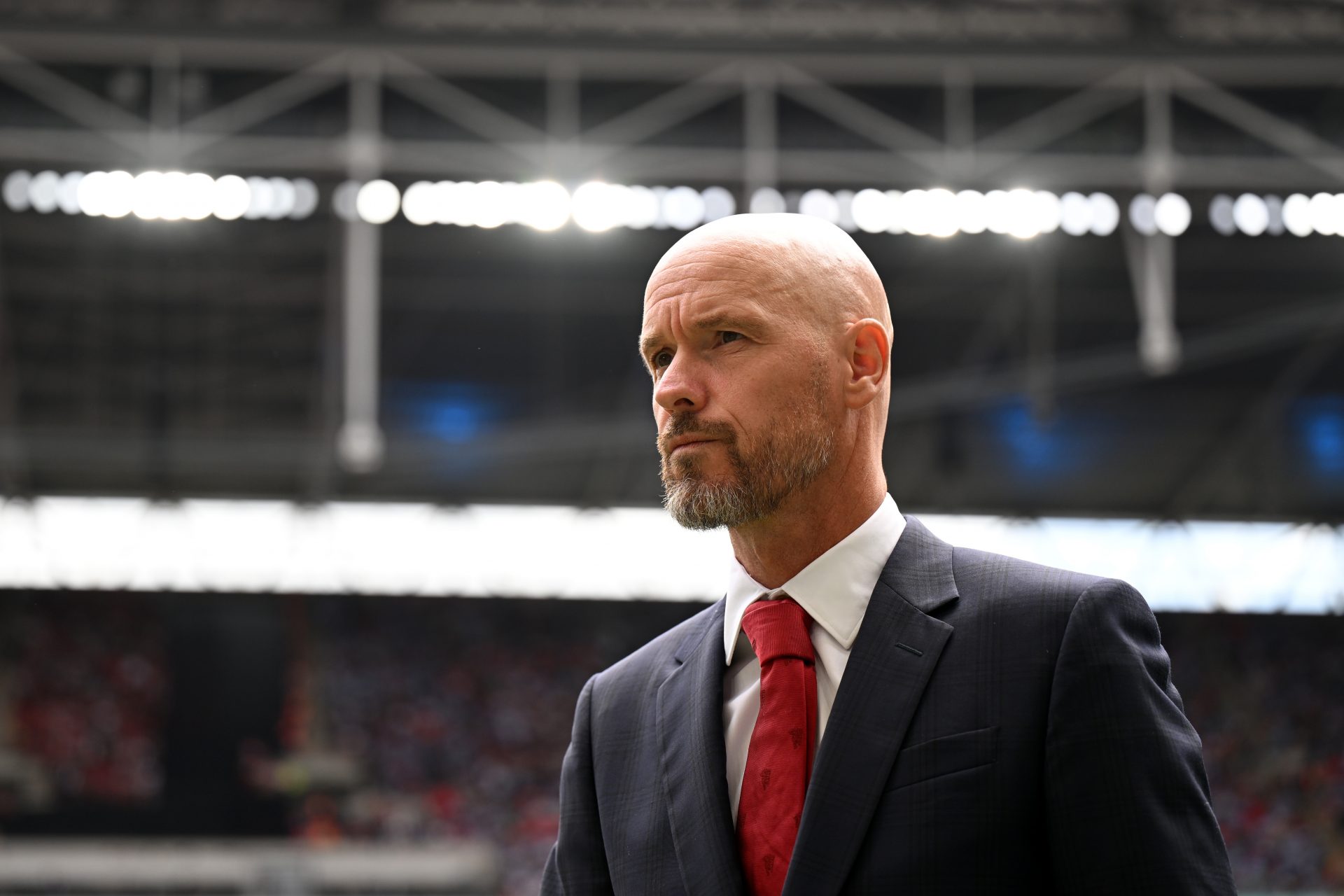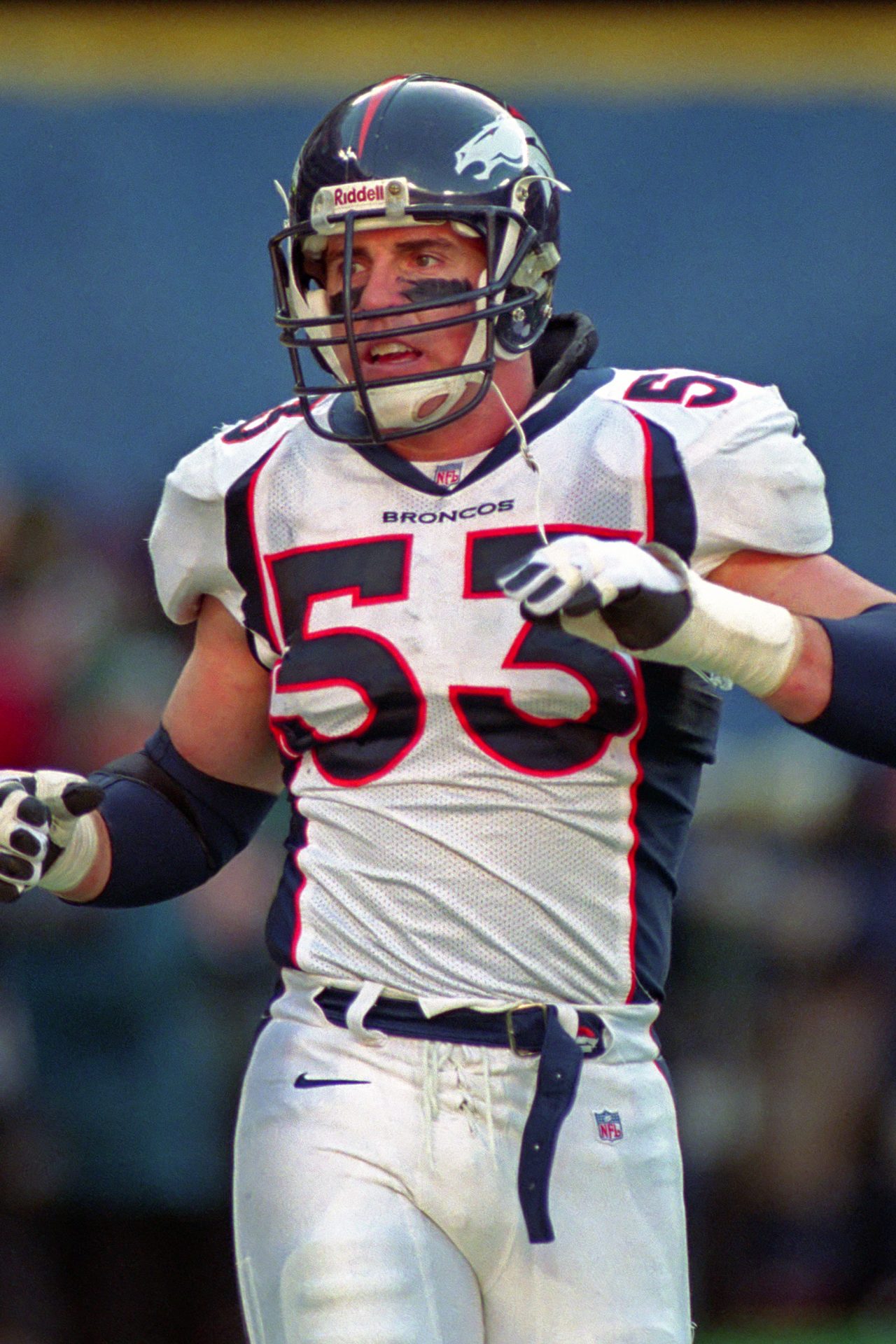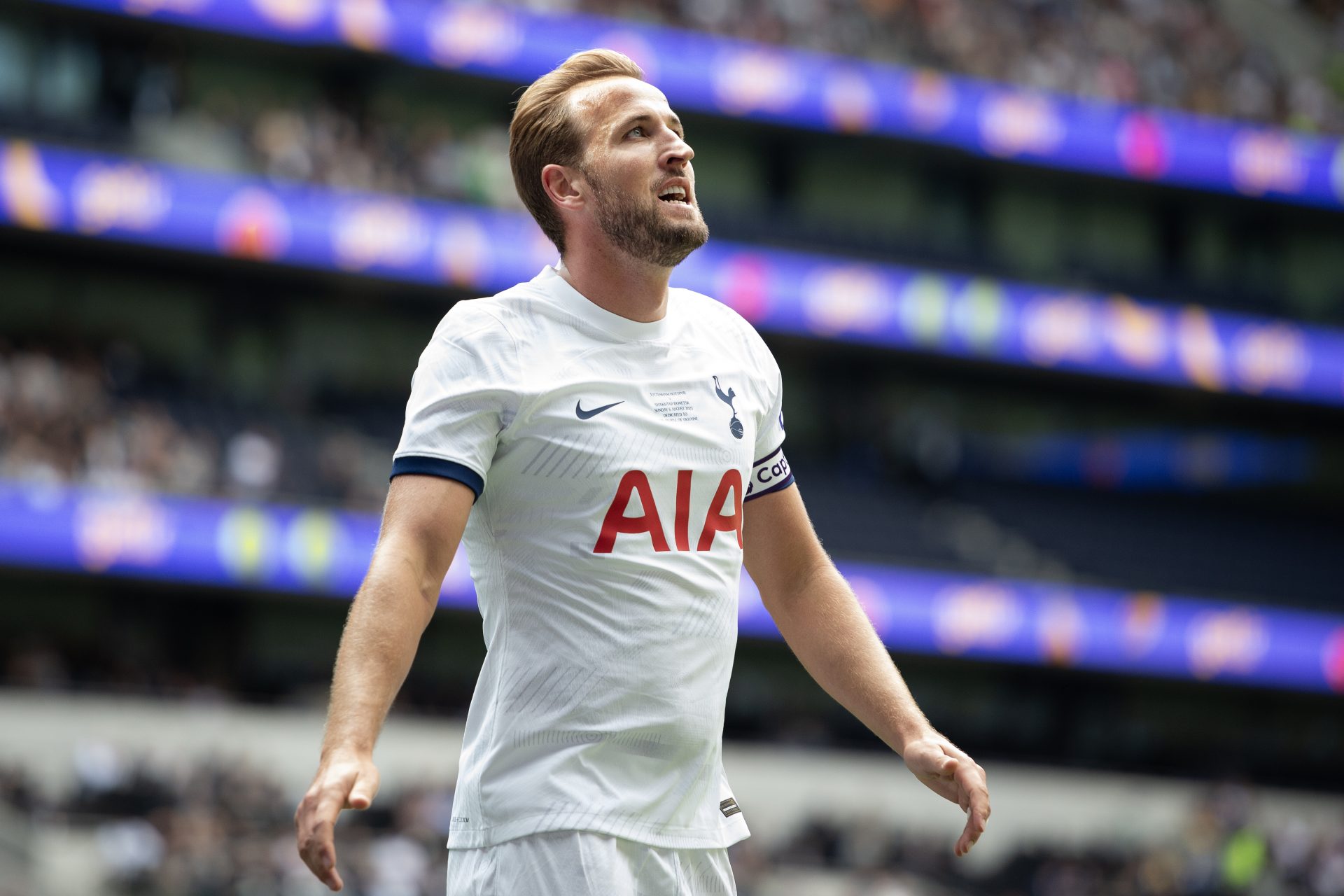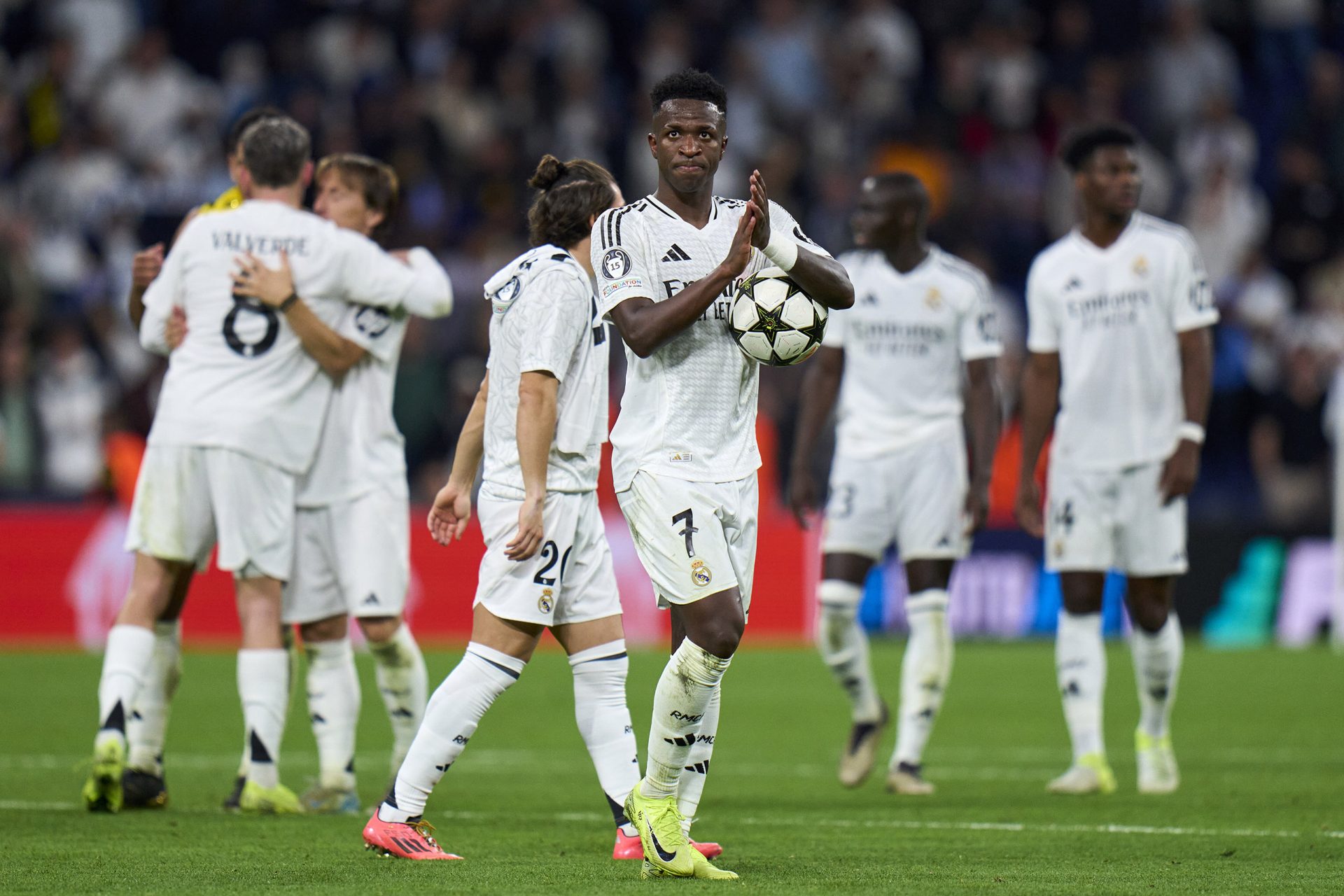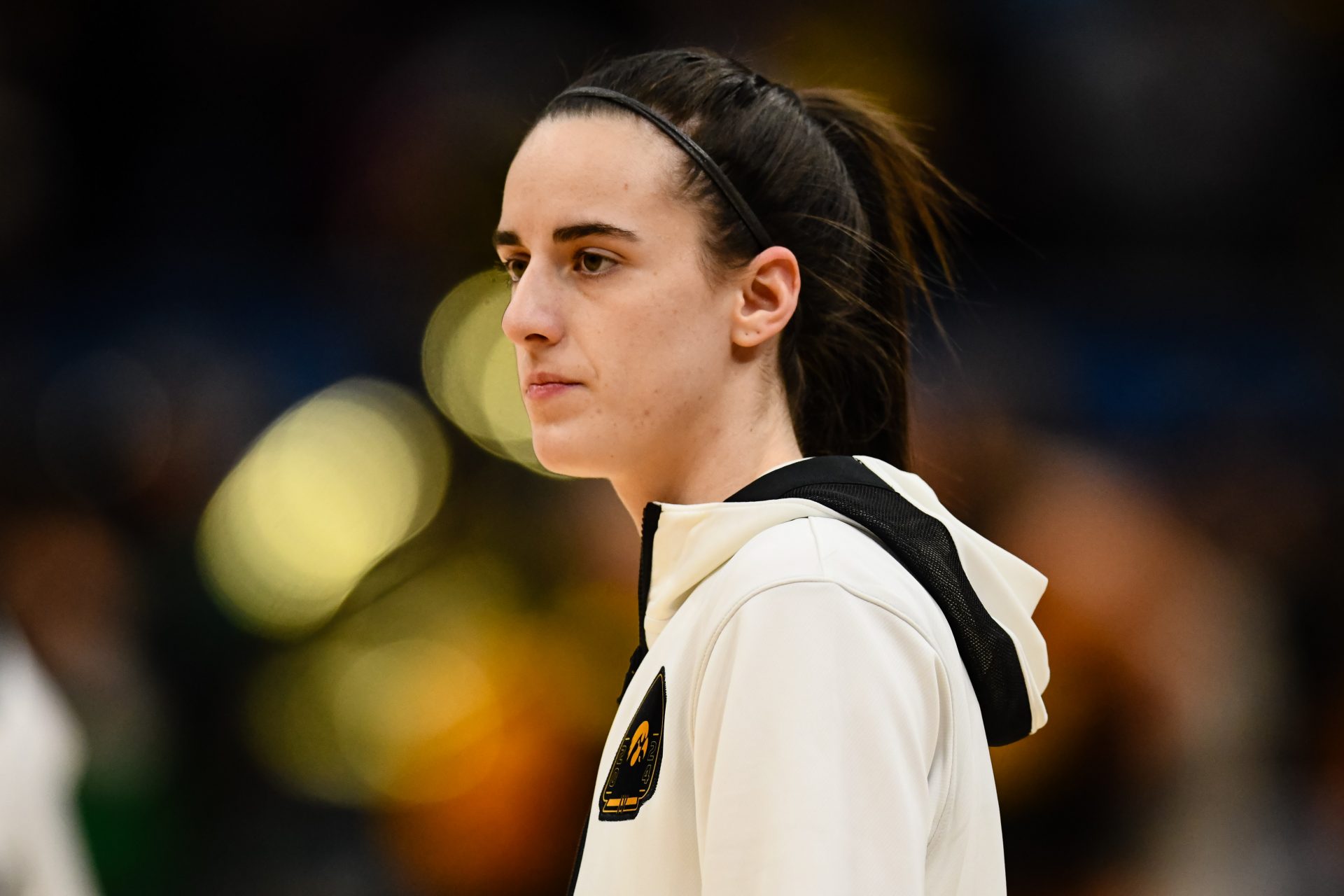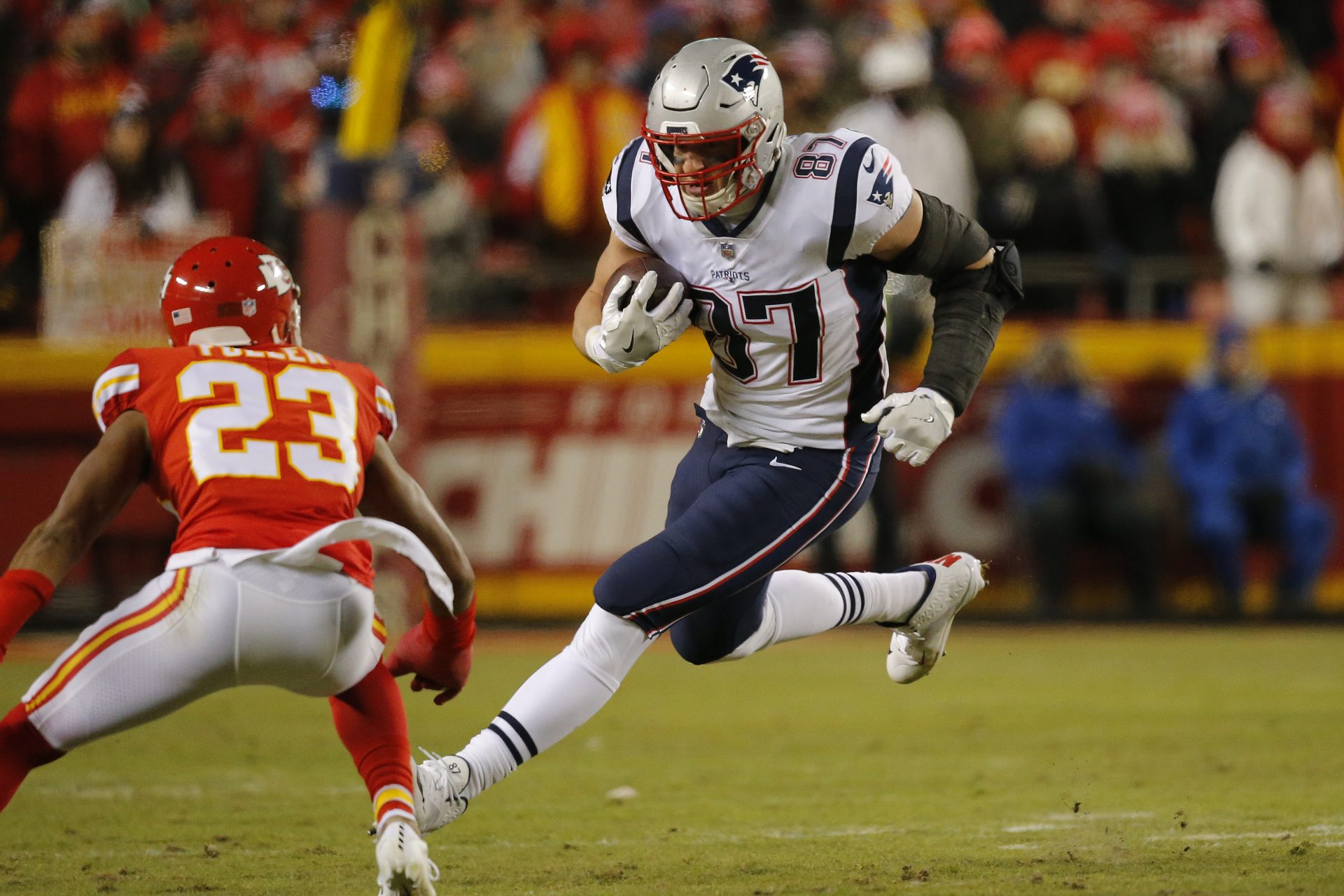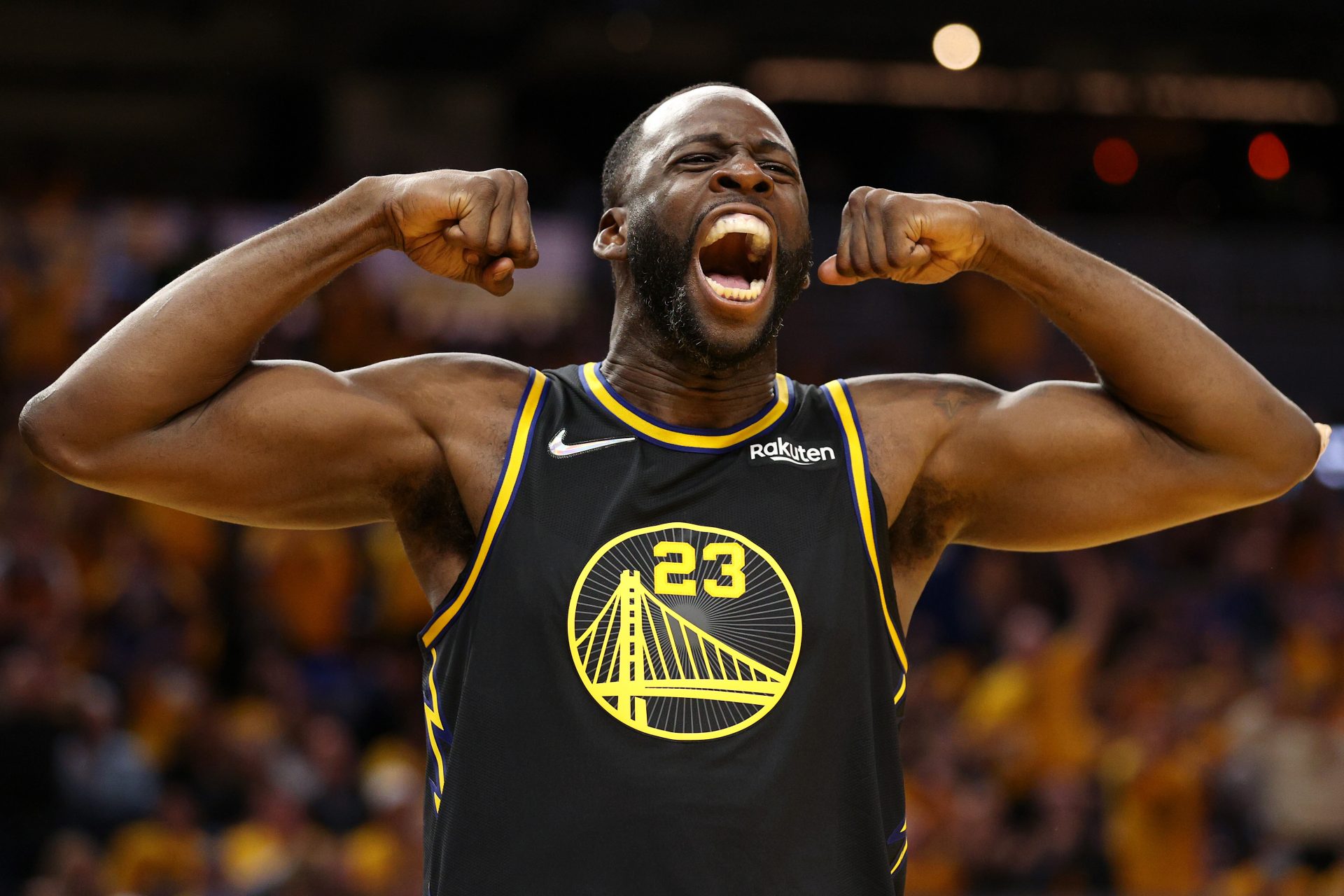Hope Solo says 1999 U.S. women's soccer team left behind a 'toxic environment'
Like Mia Hamm and Megan Rapinoe, Hope Solo is an essential figure in the rise of soccer in the US – and we're talking about the game as a whole here. But it's a sport Solo herself has had an uneasy relationship with, as her new Netflix documentary reveals.
One of the issues she had with the sport actually centred around the 1999 United States women's soccer team, which ultimately helped the sport break into the mainstream on the back of their legendary World Cup win.
While the team looked like a fraternity on the fields, it wasn't like that behind closed doors, as Solo revealed in the documentary series 'Untold: Hope Solo vs US Soccer', with some pretty scathing remarks about the team.
Solo remarked, "They left us with a toxic environment...they left us with no health insurance, no retirement (plan), no 401K."
Want to see more like this? Follow us here for daily sports news, profiles and analysis!
Solo also believes her efforts to bring about equal pay for women's soccer were wrongfully overshadowed by players on the 1999 team in later years. "A lot of the 1999'ers, they jumped on the bandwagon, and started taking credit for it... they practically had done nothing in this fight for equal pay."
Solo said in the documentary, "They (the 1999 team) continue to believe that we're supposed to bow down to them with everything related to U.S. soccer."
Whether fans love her or hate her, Hope Solo is a soccer icon. A two-time Olympic gold medalist and World Cup winner with the United States, Solo has reached the absolute heights of the sport. At the same time, she has also experienced all the lows too, as her journey has been wrought with personal battles, controversies, and legal issues.
From her earliest stages of life, Solo has been a battler. As she recounts in her autobiography, 'Solo: A Memoir of Hope' (2012), the former soccer player, born in Richland, Washington, had a tough childhood. Her father was a Vietnam War veteran who had suffered mental health issues, while her mother battled alcoholism.
Solo's mother (pictured) Judy became pregnant with her in the Walla Walla prison in Everett, Washington, during a visit to her father, Jeffrey Solo. Hope would also be born in the same prison on July 30, 1981.
Jeffrey and Judy's marriage would last until Hope Solo was 6 years old, in 1988, when her father kidnapped her and her brother Marcus under the pretext that he was going on vacation with them. They were found just a few days later by the police sleeping on the street in Seattle.
Though Solo has negative memories of her father, who died of a heart attack in 2007, she also had some positive ones. "He was a swindler and a womaniser who you couldn't trust," she explains in her memoir, but he taught her how to play football and made her a woman with a winning mentality.
"He didn't know how to be responsible, nor a typical husband or father, but he helped create the person I am today. (…) He was my father, he looked after me and I love him," the former US goalkeeper said in her memoirs and in a statement she made to USA Today.
For Solo, soccer was her salvation in a chaotic environment. She started playing at Richland High School and at the University of Washington and decided to become a goalkeeper, a position in which she would make history.
As a player for the Washington Huskies, Solo became the best goalkeeper in the history of the Pacific-10 Conference (Pac-10), Division I of the NCAA, became a member of the United States youth team and rose through the ranks until making the leap to professional soccer with the Philadelphia Charge and the US senior team.
From there, she enjoyed a successful career, passing through Europe with FC Gothenburg and Olympique de Lyon, and in the WPS in the United States with Saint Louis Athletica, Atlanta Beat, Seattle Sounders and Seattle Reign. Though, she is best known for her time in the US national team which would dominate the game at all international tournaments.
But during those years at the top, from her debut in 2003 to her farewell in 2016, there has been no shortage of controversies that have plagued her sporting career and personal life.
Want to see more like this? Follow us here for daily sports news, profiles and analysis!
On November 12, 2012, the day before her wedding to her husband, former American football player Jerramy Stevens, her husband-to-be was arrested following a domestic dispute after being accused of physically assaulting her. These events did not prevent them from saying "I do" the following day.
Two years later, in 2014, Solo herself would find herself behind bars after being accused of assaulting her sister and her 17-year-old nephew at a family celebration. The case was ultimately dismissed in 2018, according to USA Today.
It wouldn't be her only arrest, nor the most notorious. On March 31, 2022, as reported by TMZ, she was arrested by the Winston-Salem Police Department in North Carolina, for drunk driving, resisting arrest, and a misdemeanour charge of child abuse.
She was alone at the wheel of her car in the parking lot of a Walmart supermarket in Winston-Salem, impaired by alcohol, with the car running and her twin children – son Vittorio Genghis and daughter Lozen Orianna Judith Stevens – inside.
As seen on the body camera of one of the officers who intervened, published by Queen City News, Solo refused to comply with a breath test, so she was transferred to the Forsyth County jail, where tests at the station would show her to be three times over the legal limit to operate a motor vehicle.
That episode opened the eyes of the former footballer, who said in a message on her social networks that "I underestimated the destructive influence that alcohol was having on my life" and for which she decided to remedy: "I will voluntarily enter a treatment program to address my problems with drinking," she wrote.
"It was a long road, but I'm slowly getting back on track after taking some time off. I'm proud of myself and my husband for what we've done day in and day out over the past two years. At the same time, it was incredibly hard and I made a terrible mistake. Possibly the worst of my life," she later wrote on social media.
As a soccer player, Solo has also become something of a feminist heroine, as she fights for equality between women and men in the world of sport.
In 2020, Solo revealed that, during her career, she had been sexually assaulted by one of her coaches. But the most notorious case was against the former FIFA president himself, Sepp Blatter, who reported also assaulted her by touching her bottom minutes before the 2013 Ballon d'Or award ceremony.
She told the Portuguese newspaper Expresso: "I had Blatter grabbing my a--. It was at the Ballon d'Or, right before I went on stage," the former soccer player explained, lamenting that sexual assault "has become normalized".
Want to see more like this? Follow us here for daily sports news, profiles and analysis!
Three years after that episode, Solo led, along with other world champion female soccer players – Alex Morgan, Carli Lloyd, Megan Rapinoe and Becky Sauerbrunn – filed a federal wage discrimination complaint to the United States Equal Opportunity Commission in which they denounced the salary inequality between the men's and women's game.
As she stated on the website of the US women's soccer team, she did not understand the differences that exist when "between 2000 and 2016, the Women's Team brought in almost $20 million in revenue, while the men’s team has lost $2 million". She also highlighted that the women's games consistently outperformed the men in terms of ratings as well.
She also criticized the fact that women's sport sexualizes its stars: "I had to negotiate a series of decisions from an ethical point of view. Most of my earnings came off the pitch, not on it. (…) The opposite happens with men. If I wanted to earn more money, I had to do photo shoots, television appearances and other things that I wasn't comfortable with," she said in the interview on A la Contra.
She also experienced this last aspect in her private life when she became a victim of 'Celebgate', a massive hack that shared explicit images of more than 100 celebrities.
"It is extremely sad and unfortunate that the rights of so many women were violated by the unauthorized release of private photographs," Solo wrote on her social media pages in September 2014. "This act goes beyond the bounds of human decency and as such, I stand united with all the women affected and am exploring every option to protect my privacy."
In addition to her feminist activism, Solo did not hesitate to hit out against another major social problem – classism. Something she had to deal with in the US national team.
In the BBC's The Players podcast, the former goalkeeper said that when she first arrived at her country's national team, she encountered hostility from her teammates – a view backed by her teammate Carli Lloyd (pictured). The pair have since been working to address this within the US soccer system.
"When you grow up in the national team you find yourself in a 'bad girls' club. (…) Most of the players come from rich white families. That's the culture of the women's national team. It's a very privileged white culture," she said.
"People weren't nice to us, they weren't welcoming, they didn't invite you to sit at the table. It was difficult for me to grow up in the national team on the social side," Solo said, while Lloyd stated in the same podcast that this helped them grow in the face of adversity and become stronger.
Despite her problems, her controversies and her arguments, Solo has helped reshape women's sport, not just thanks to her heroics on the field, but with her tireless pursuits outside the game and battle for equality.
Want to see more like this? Follow us here for daily sports news, profiles and analysis!
More for you
Top Stories



